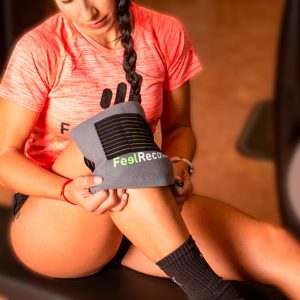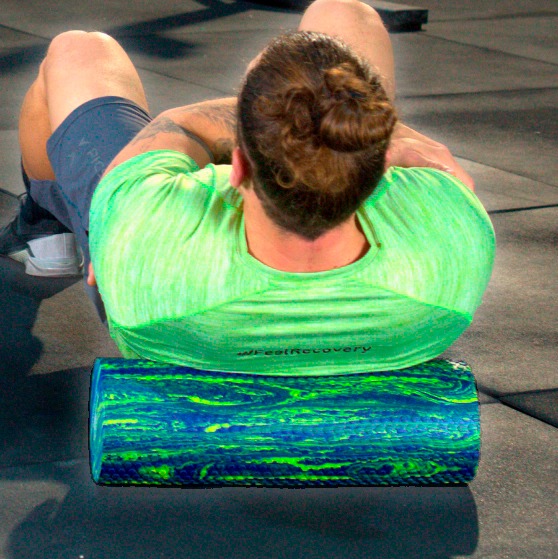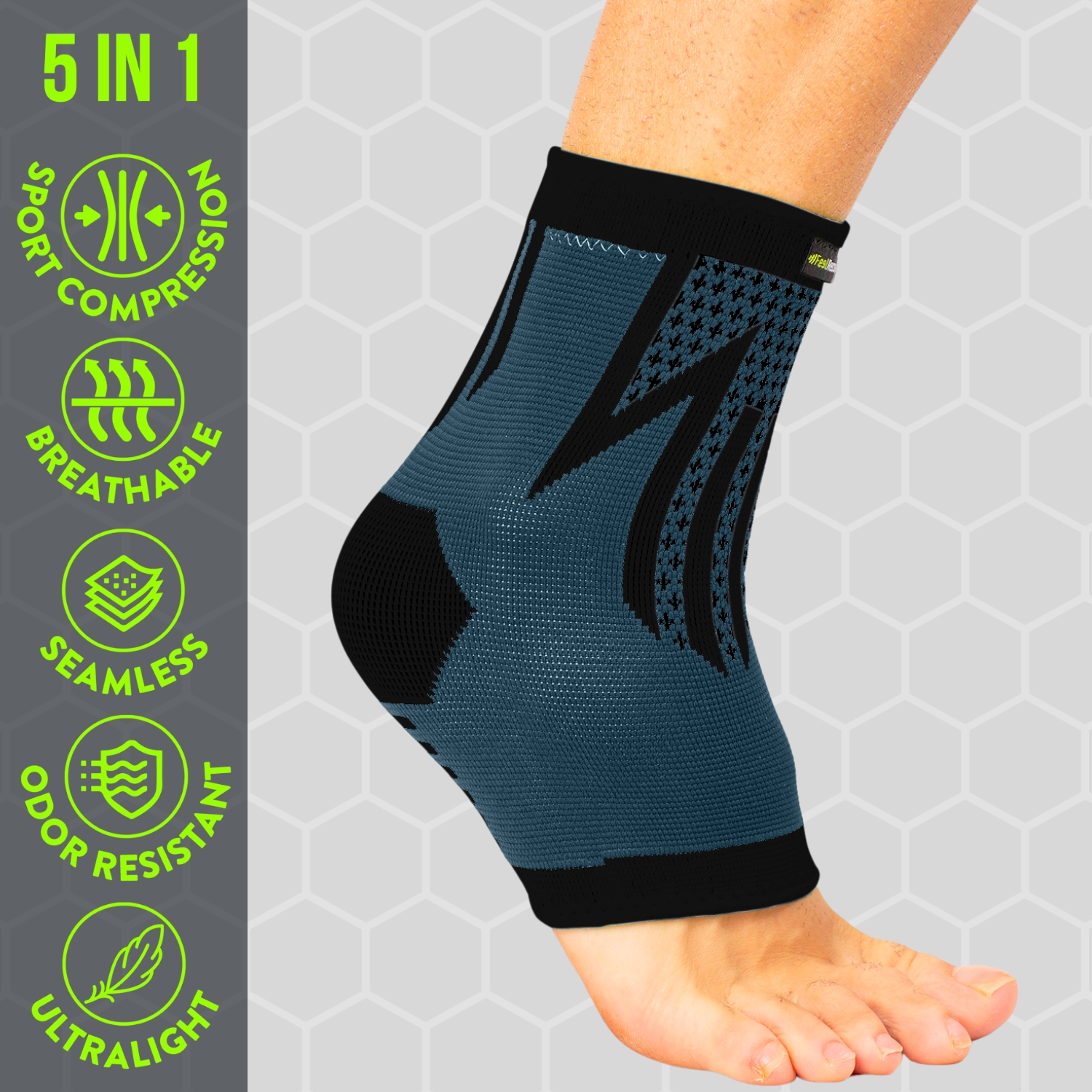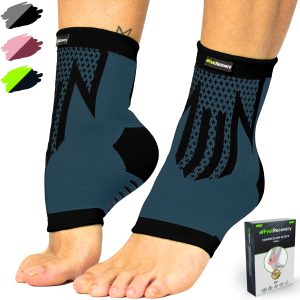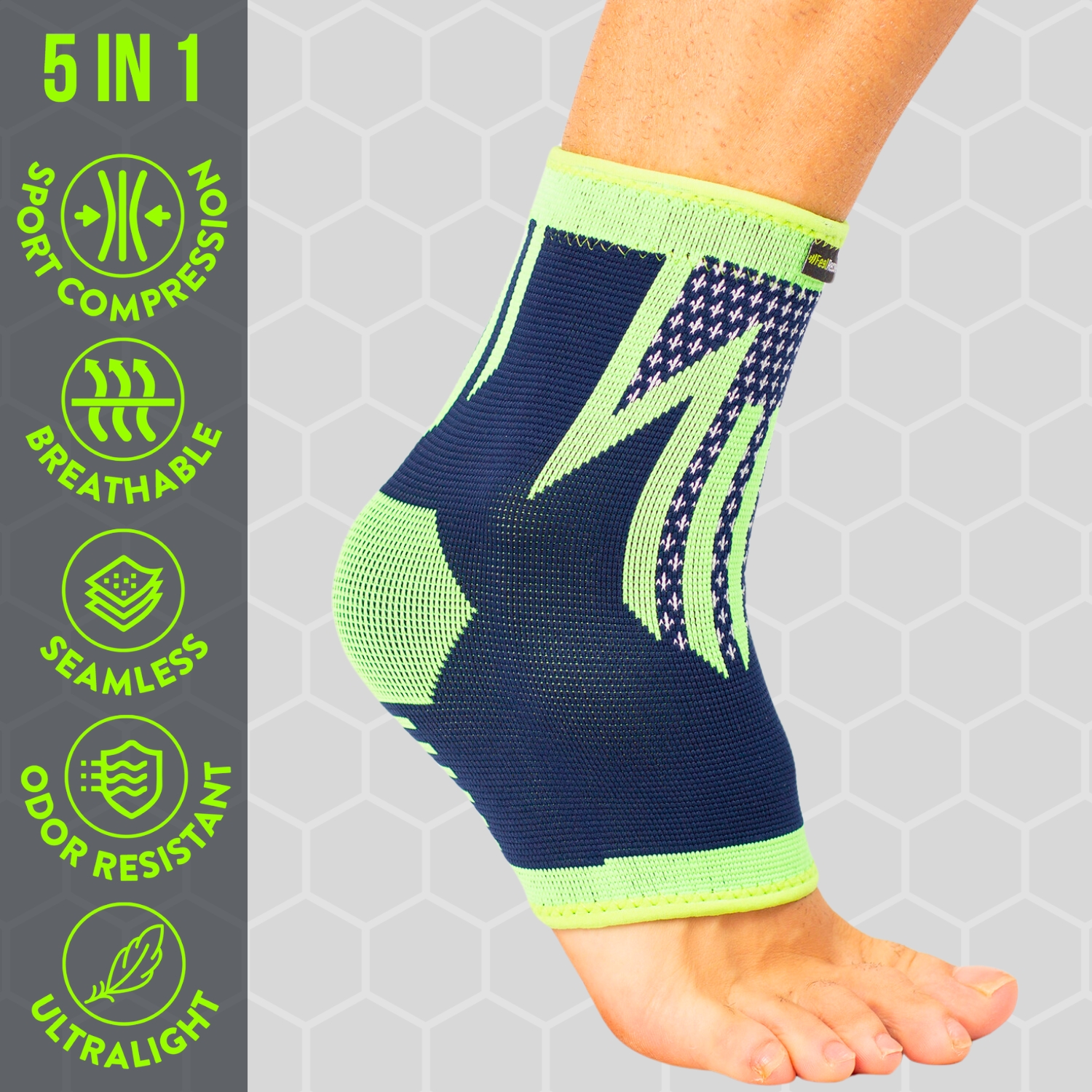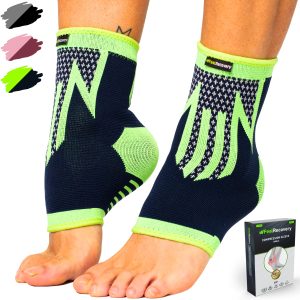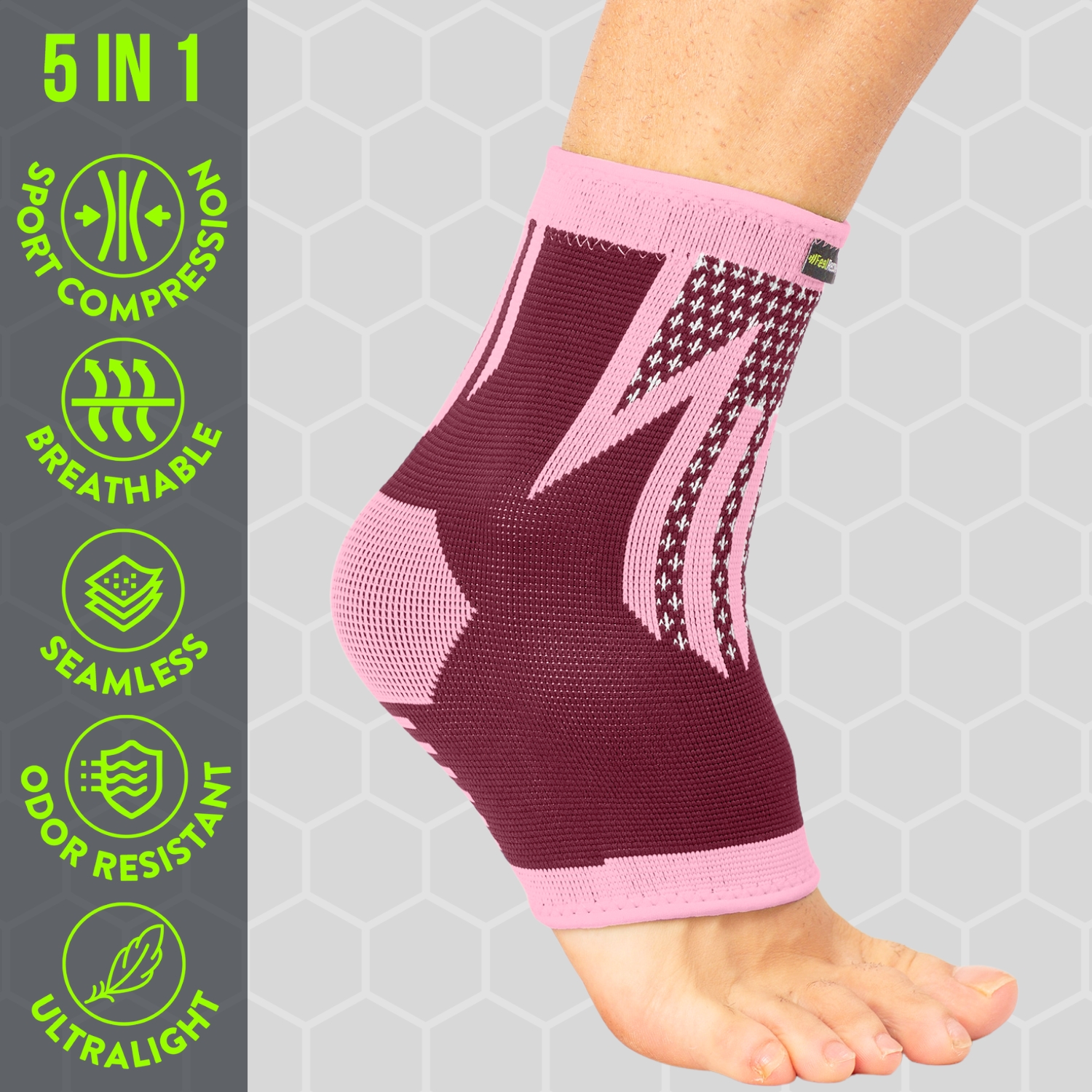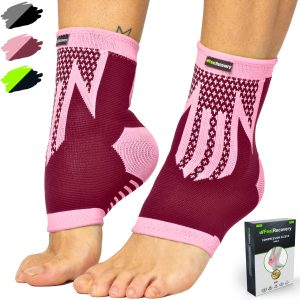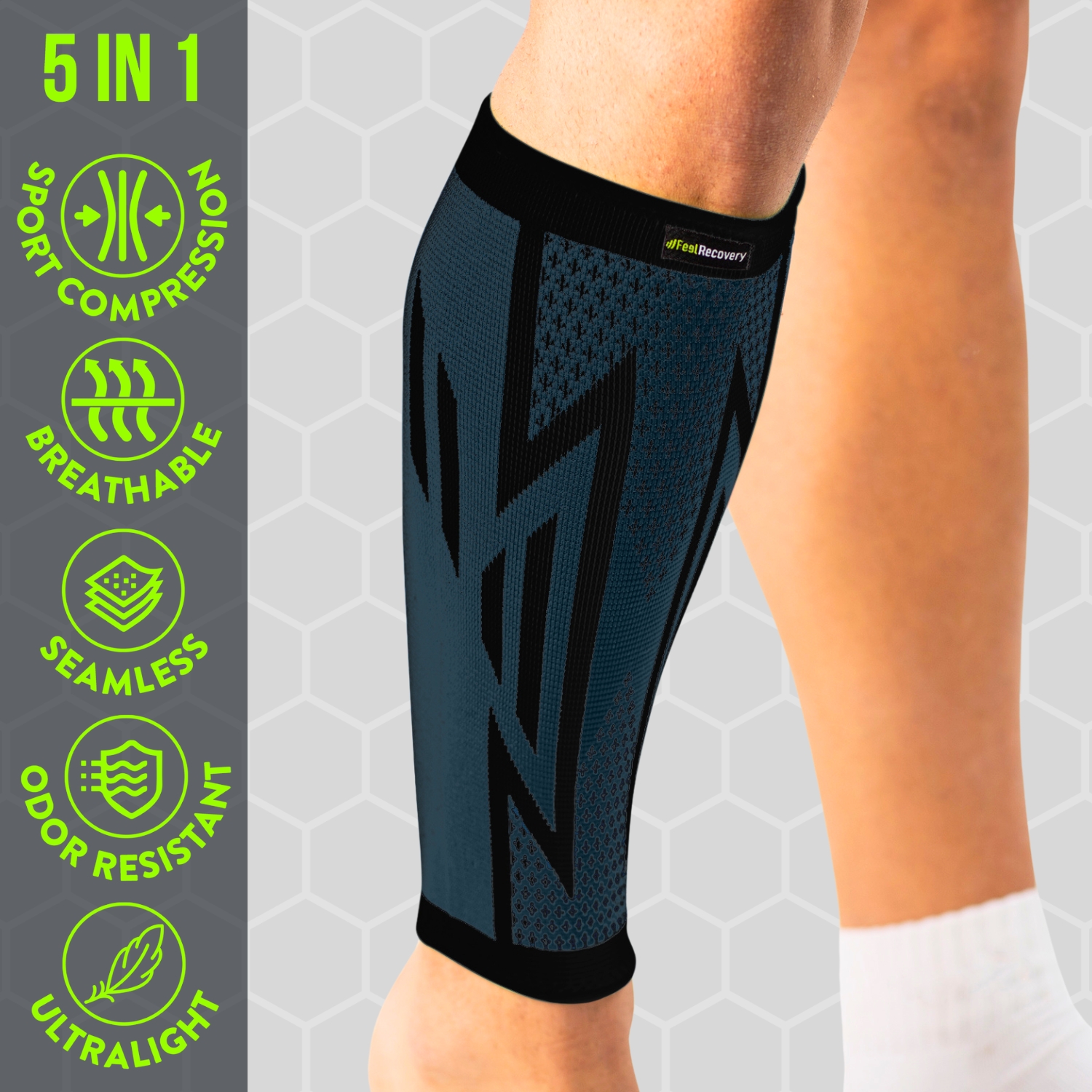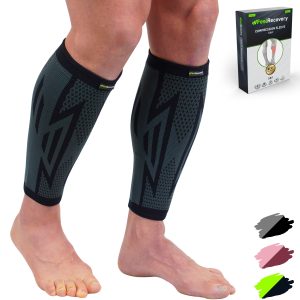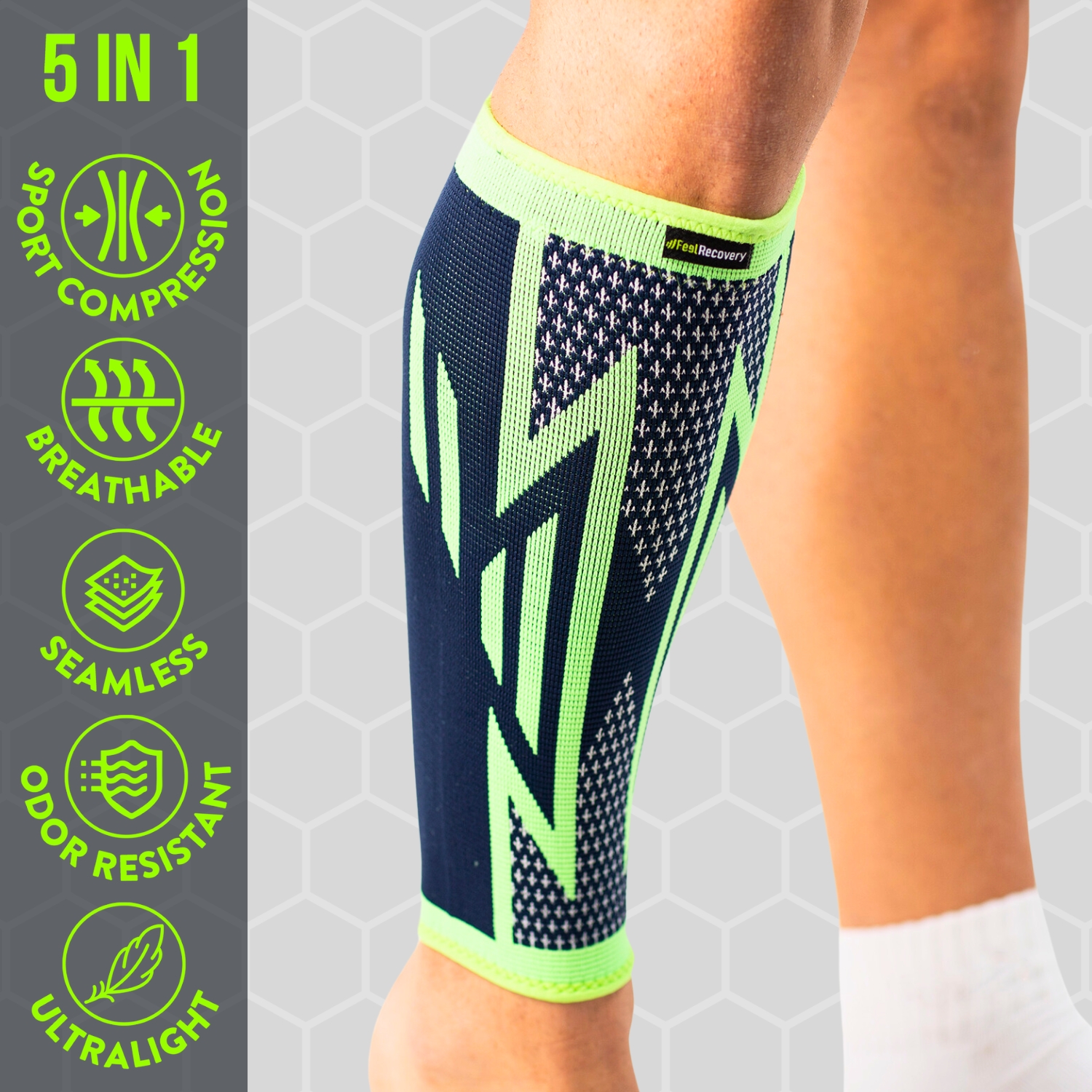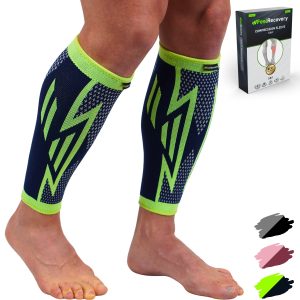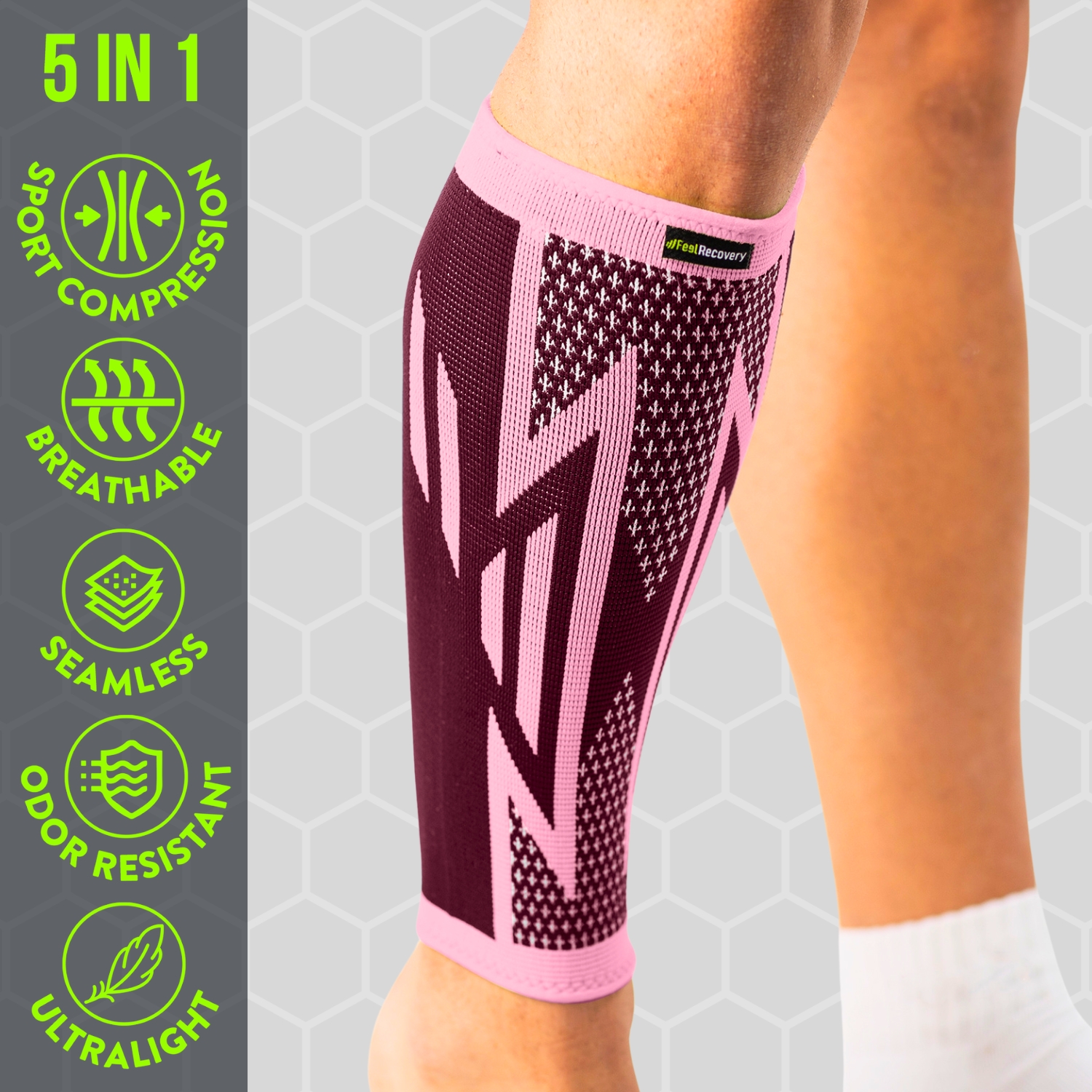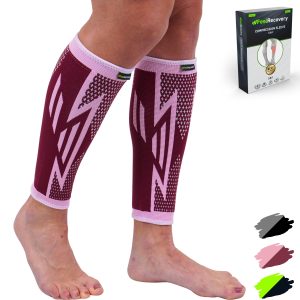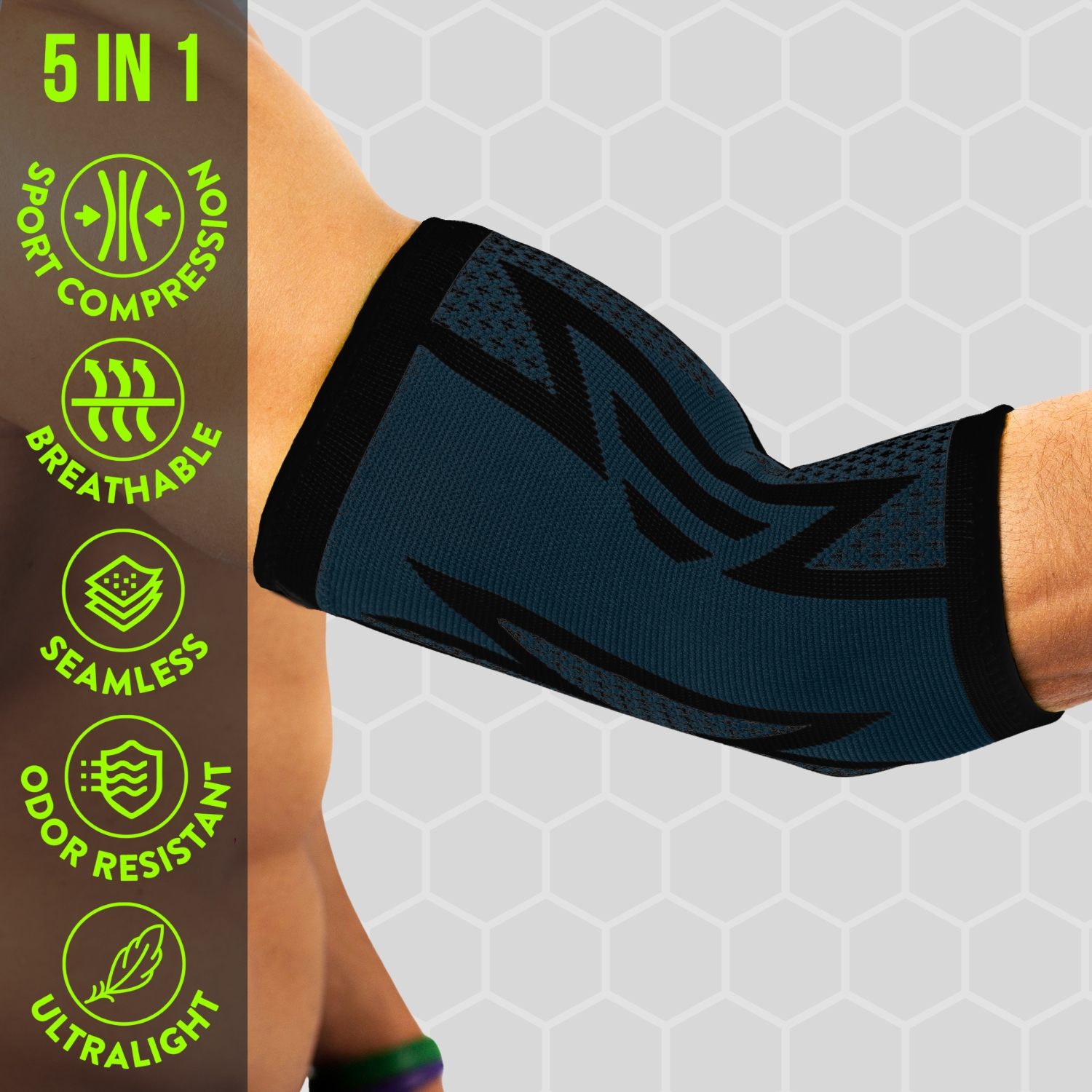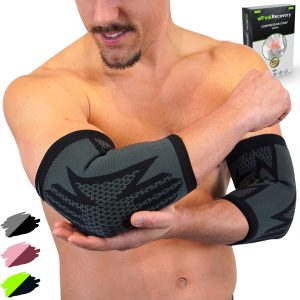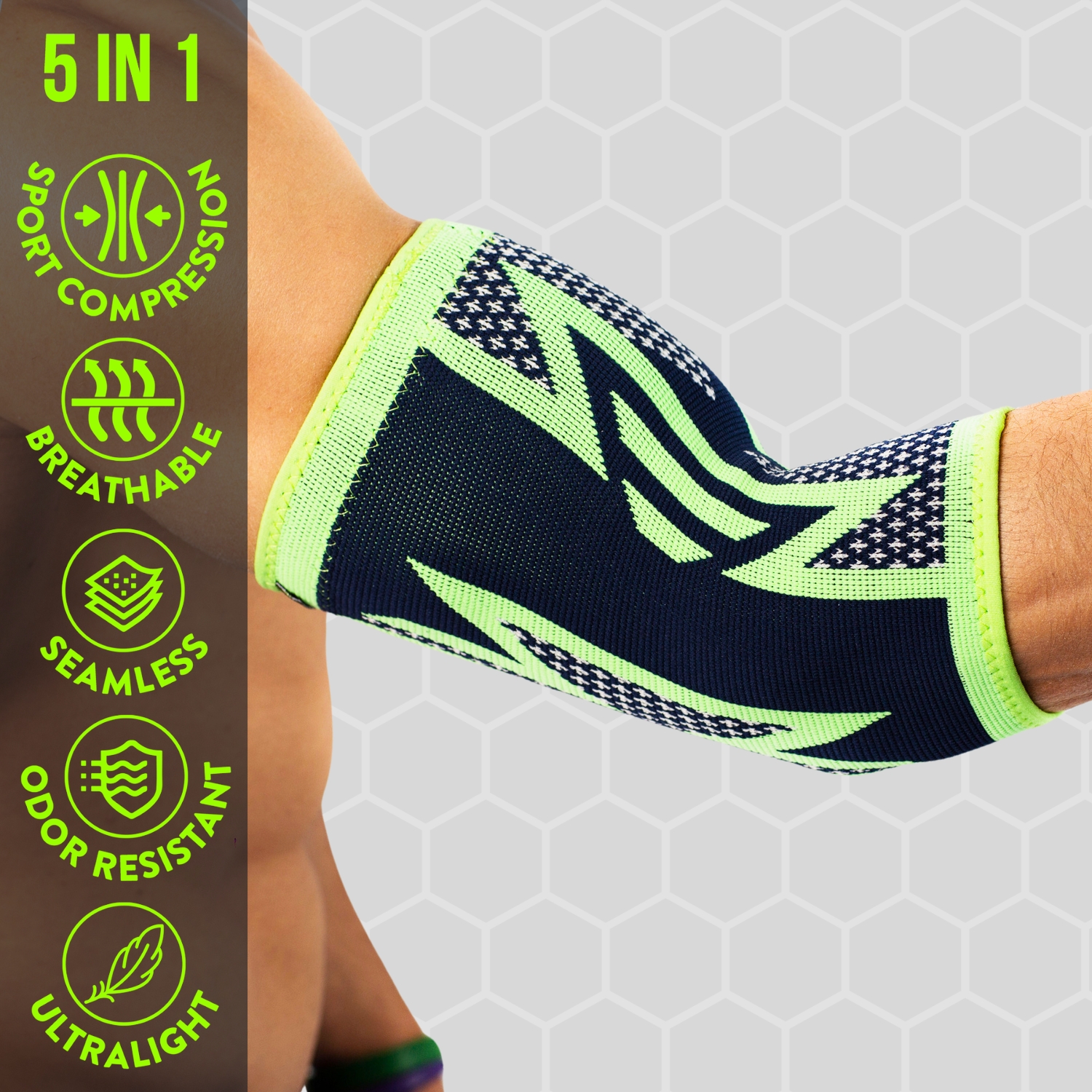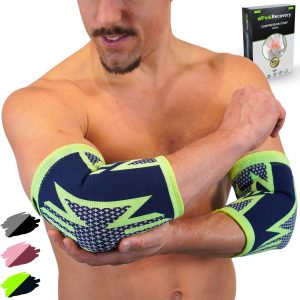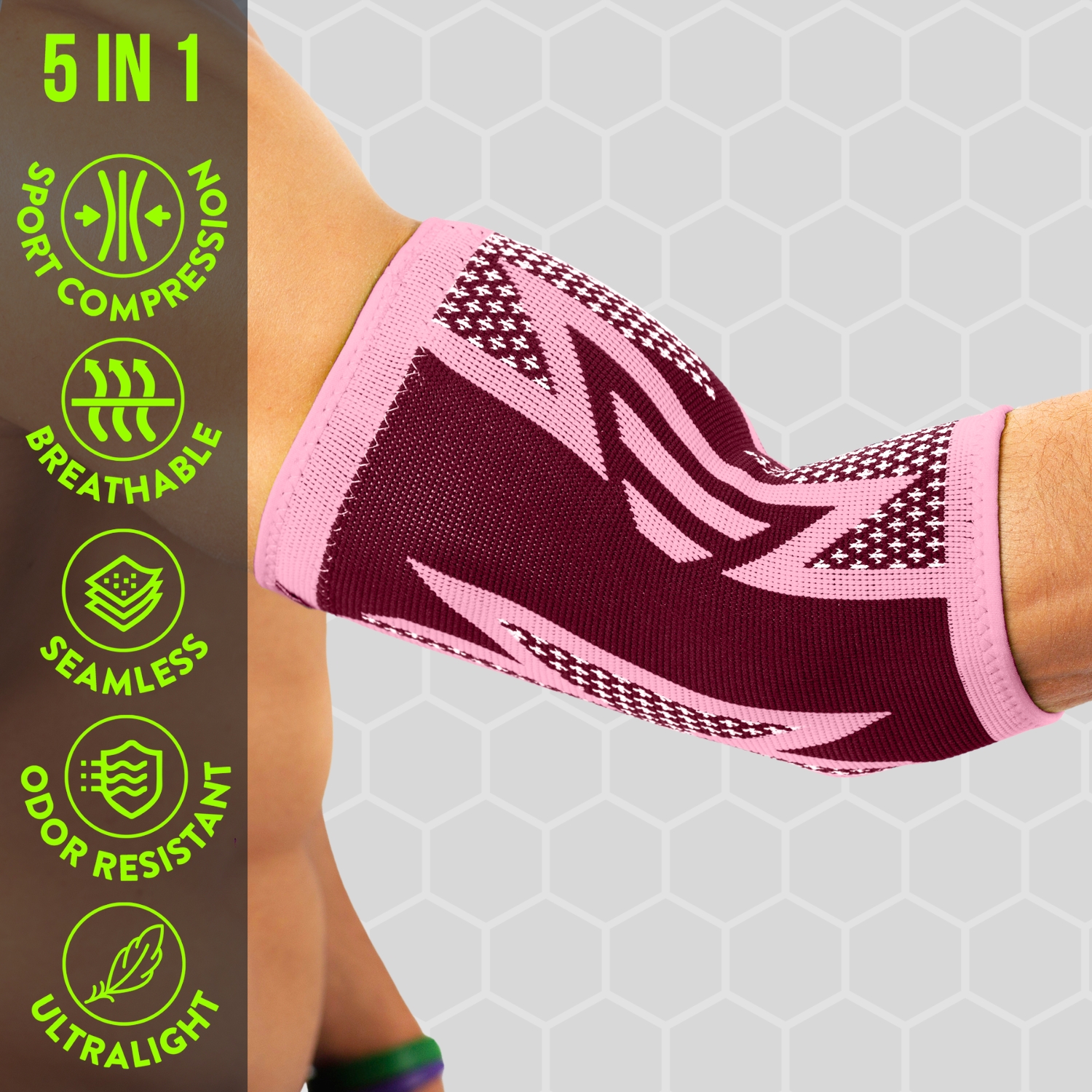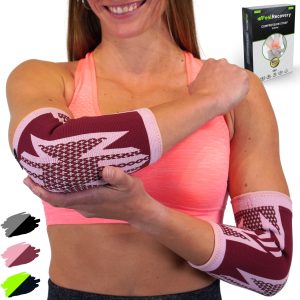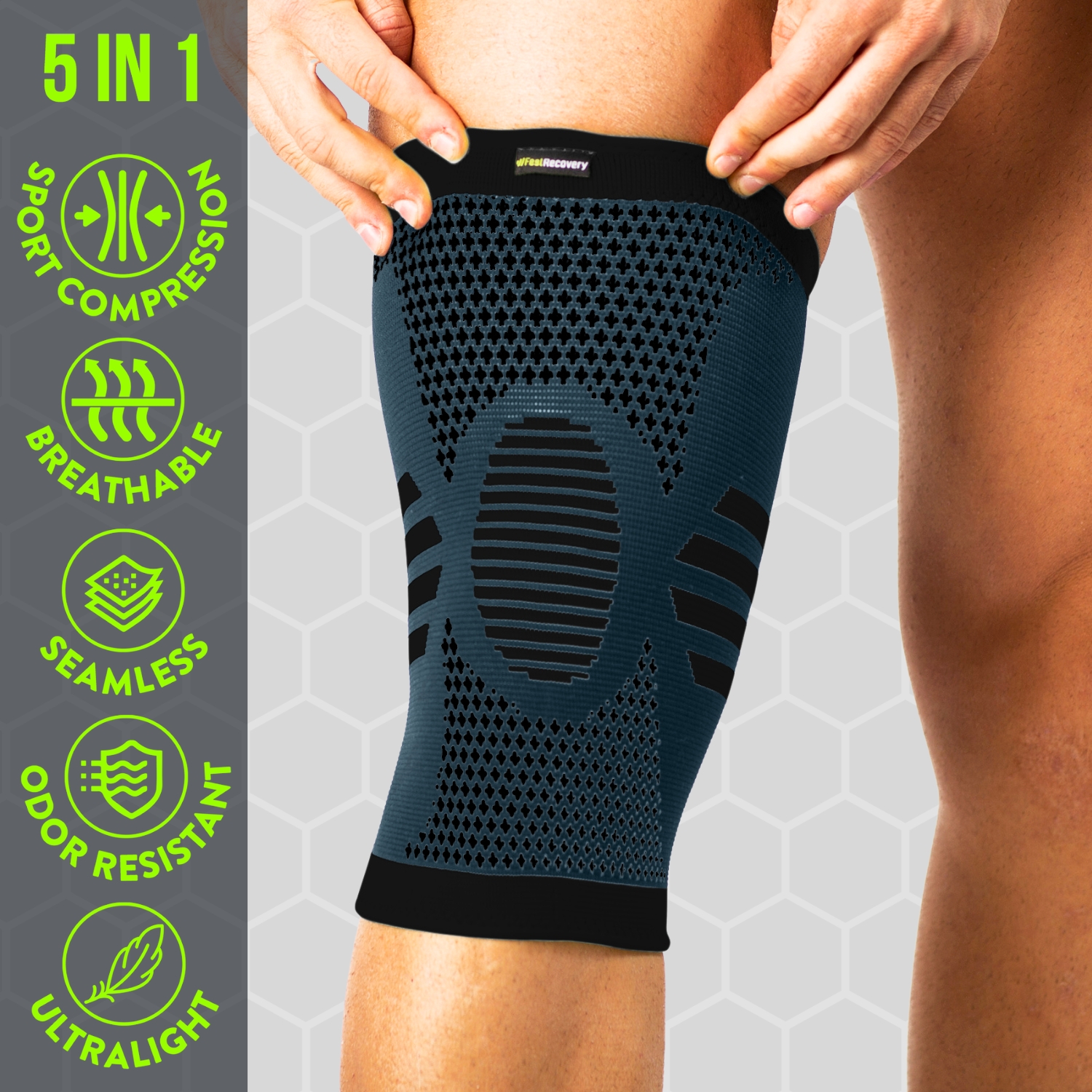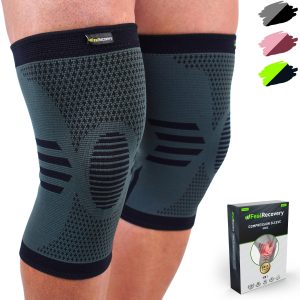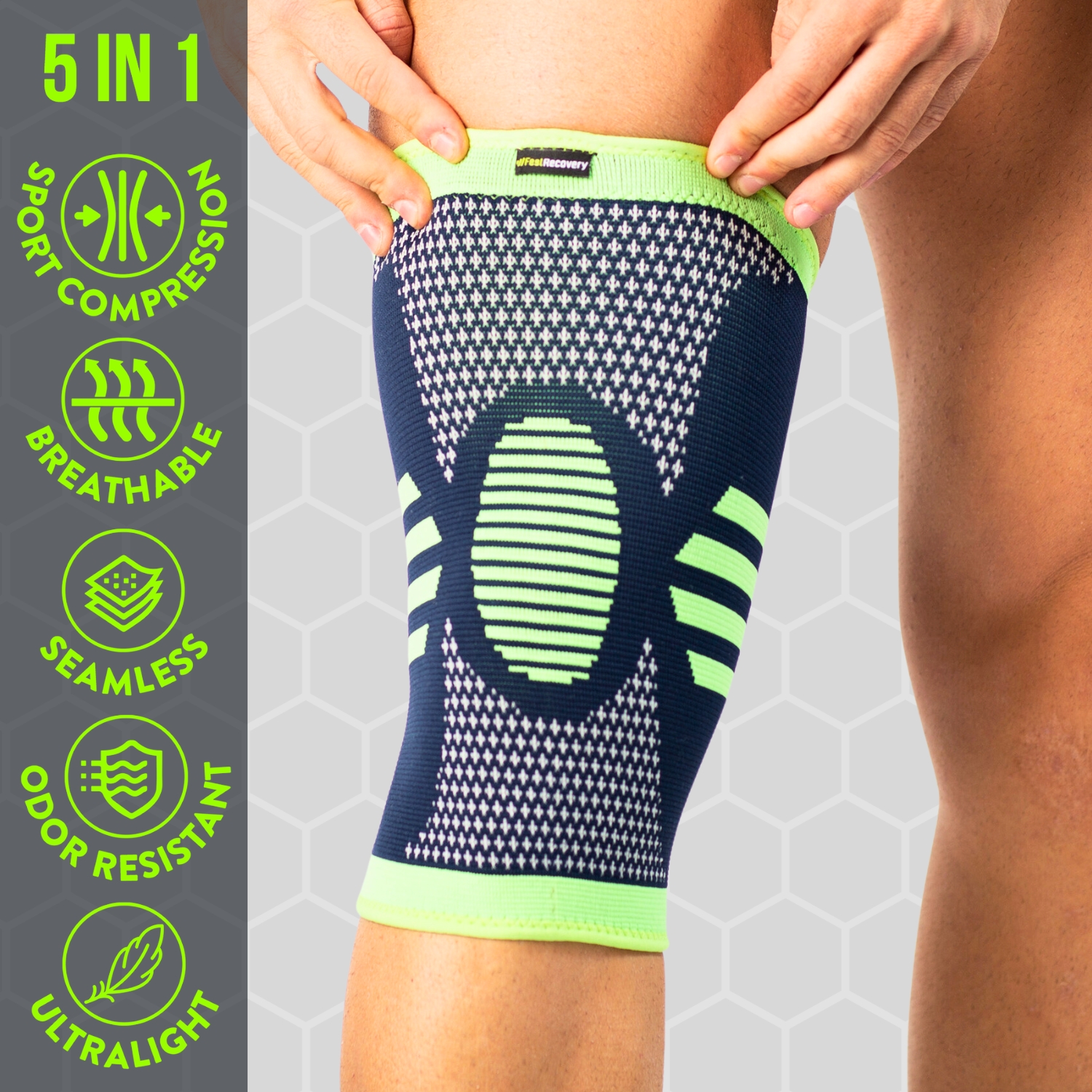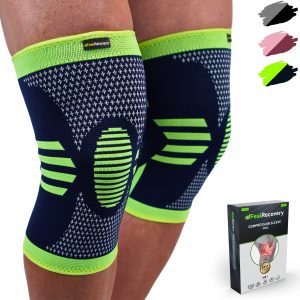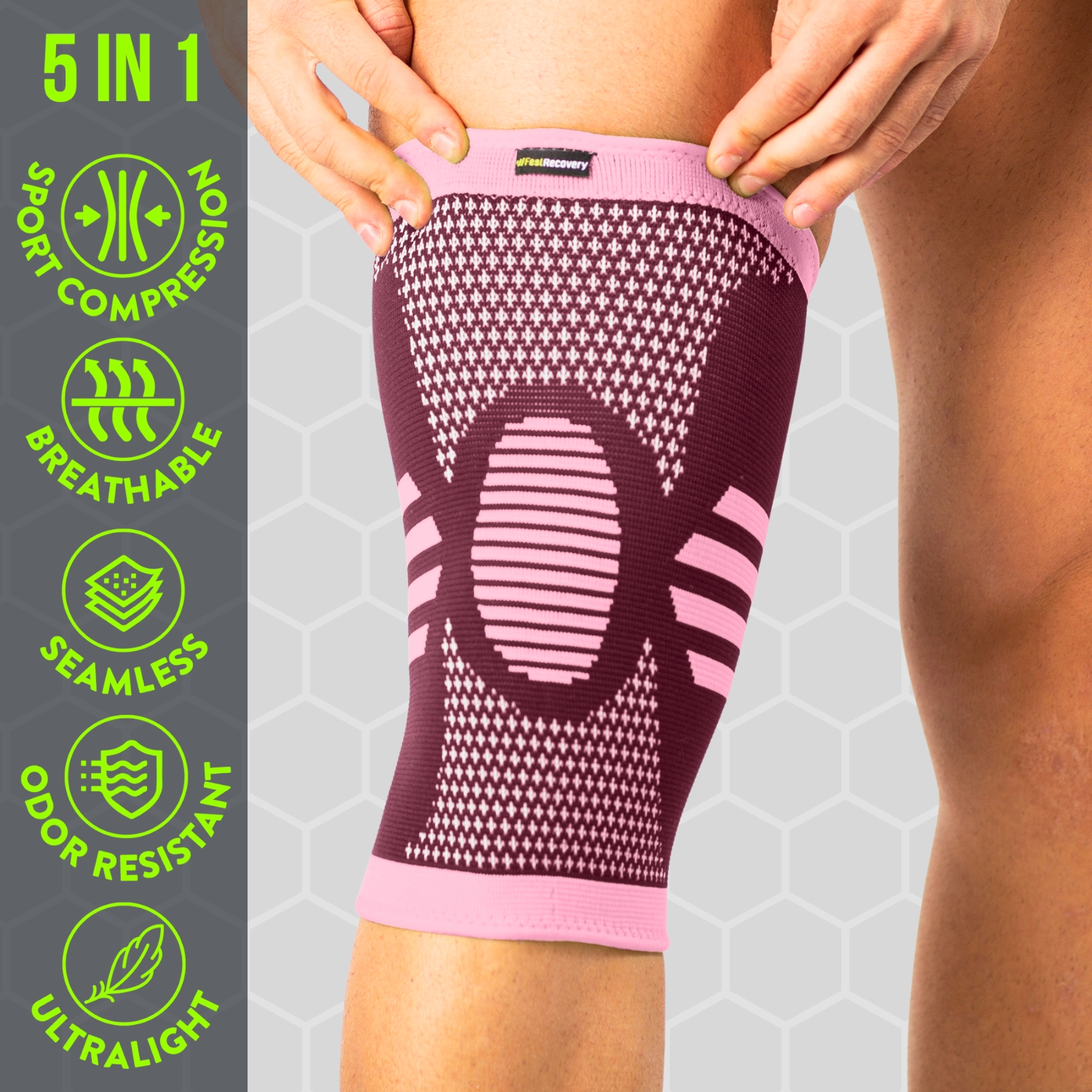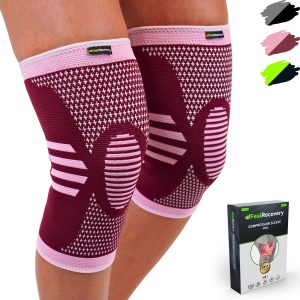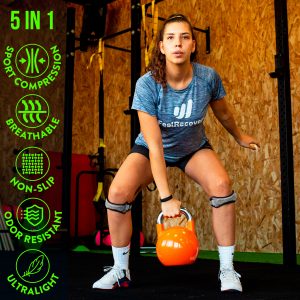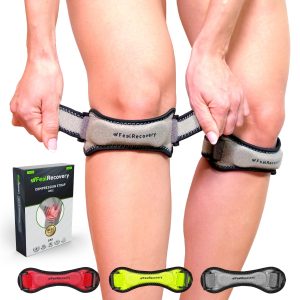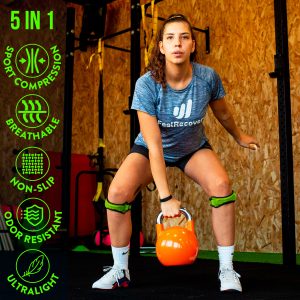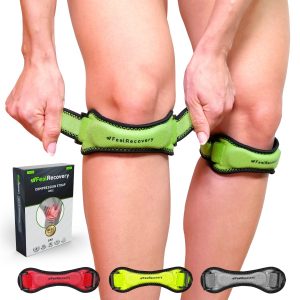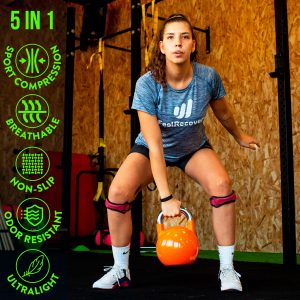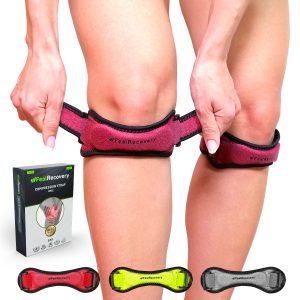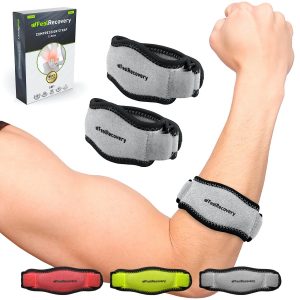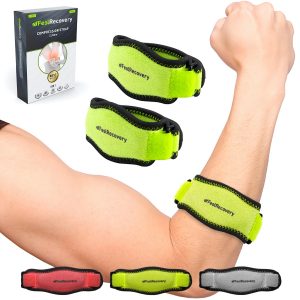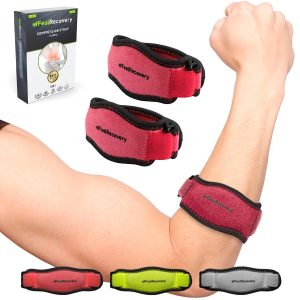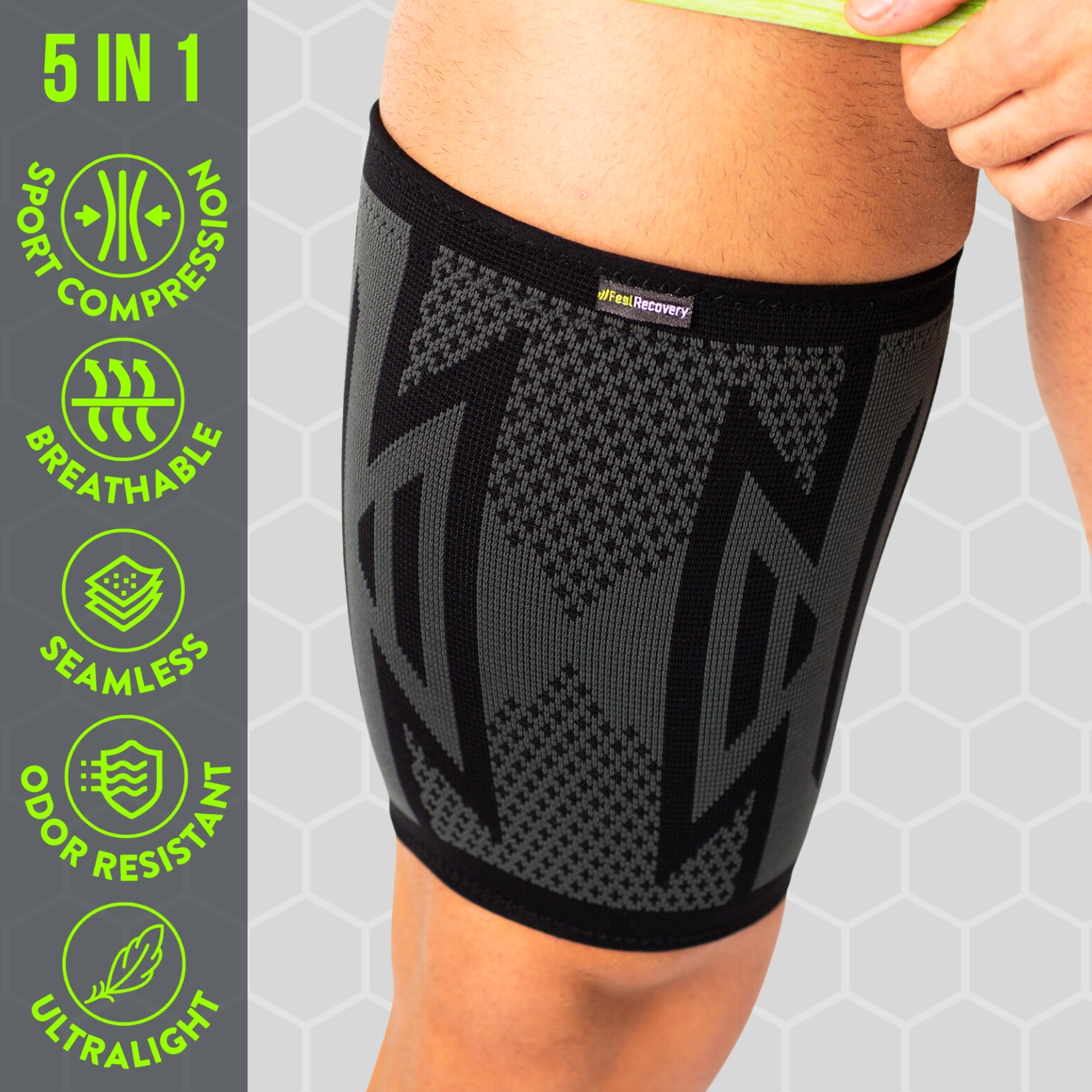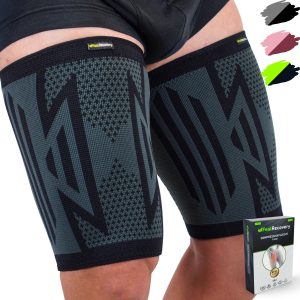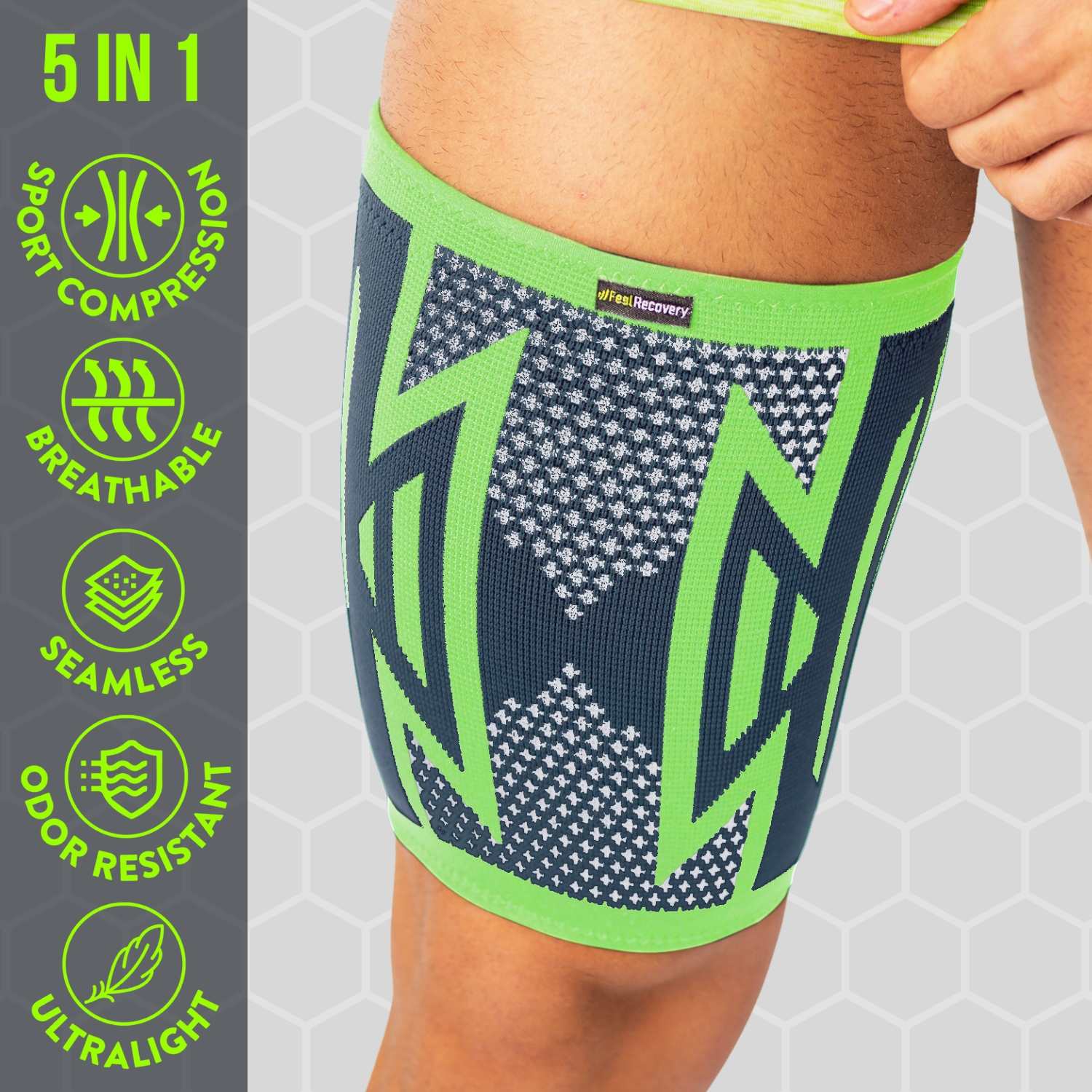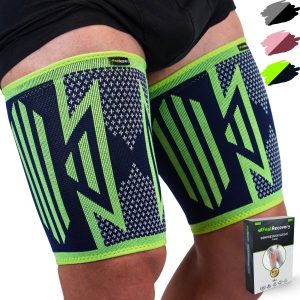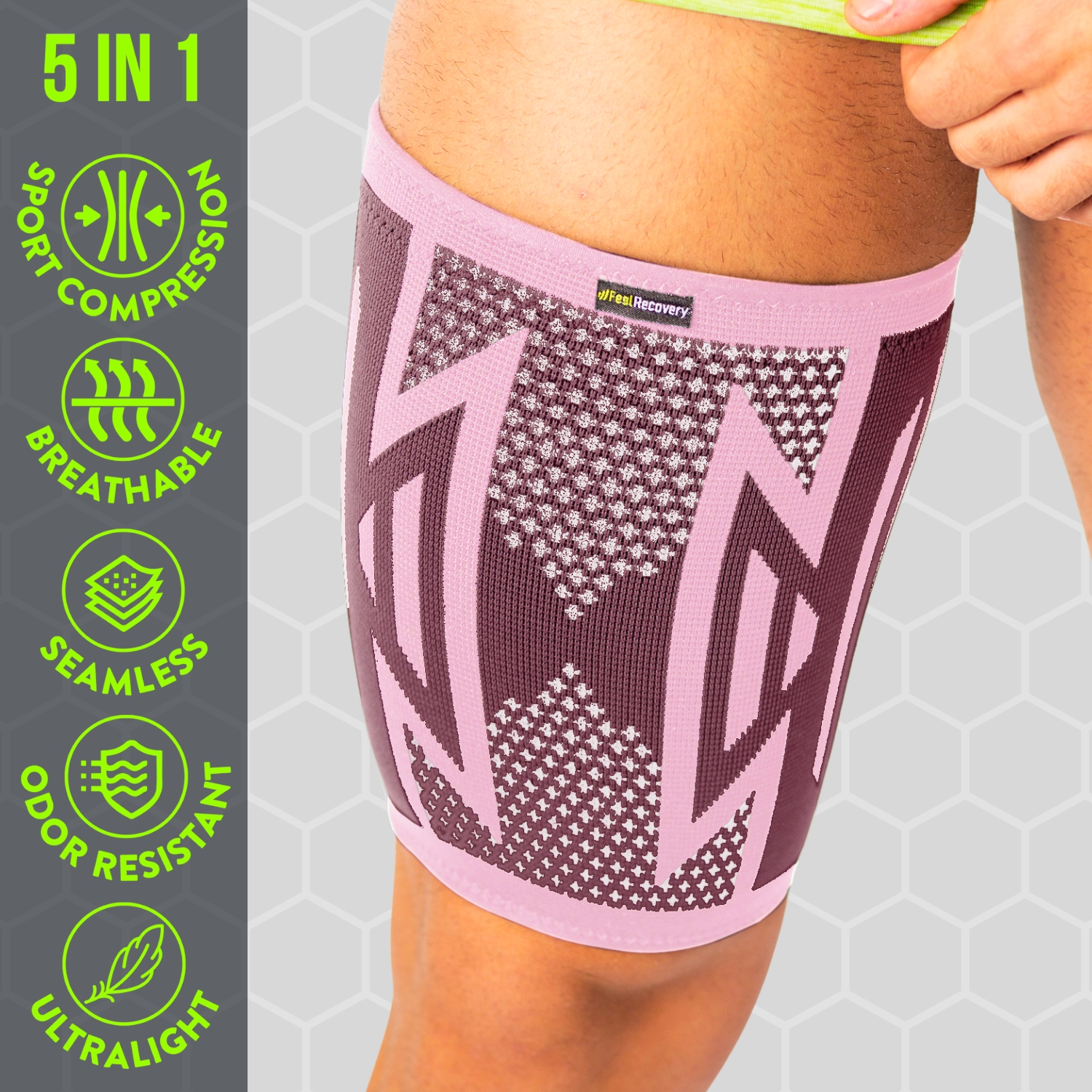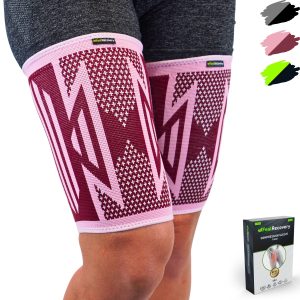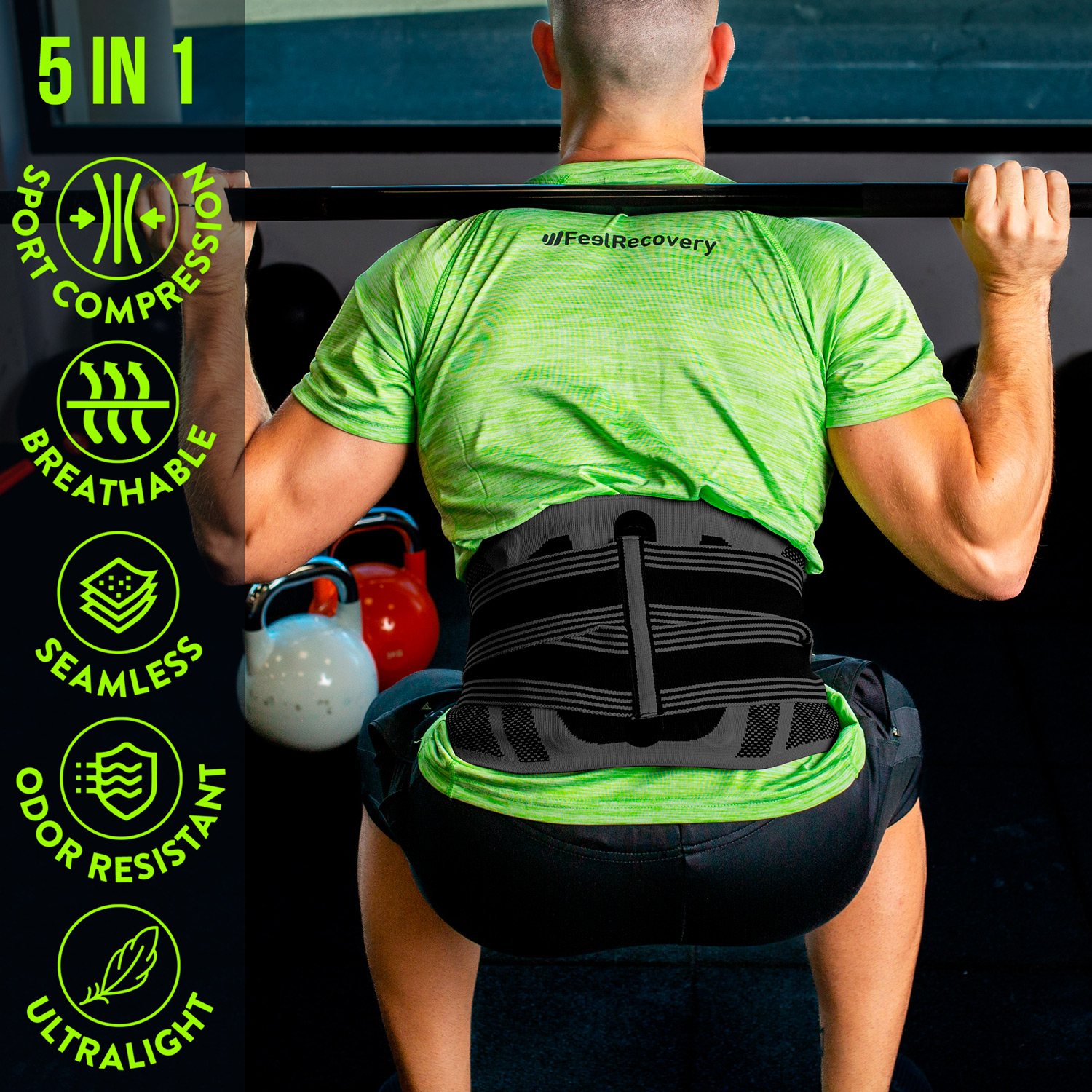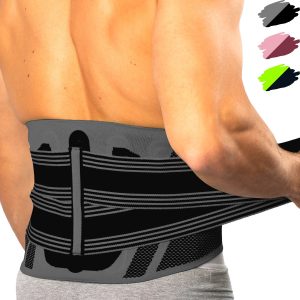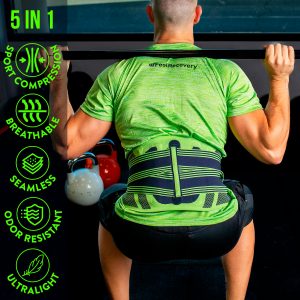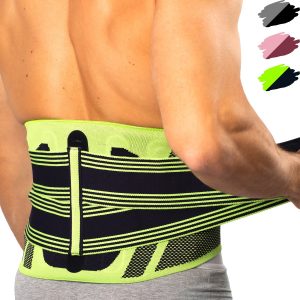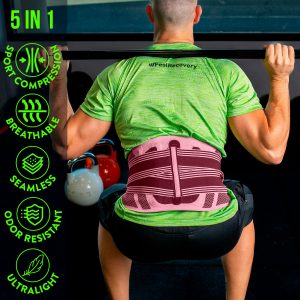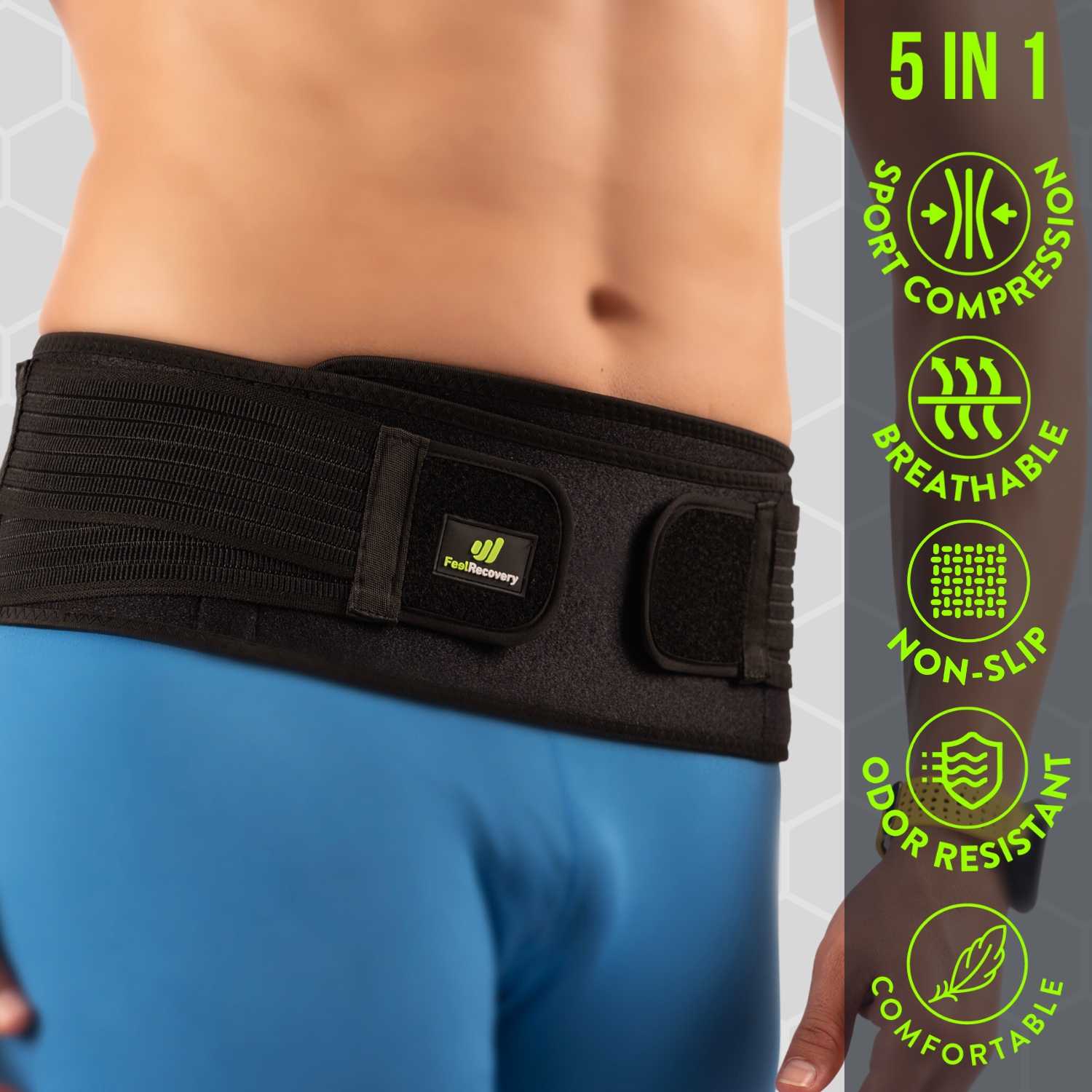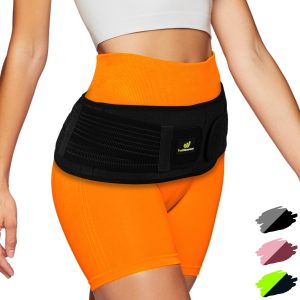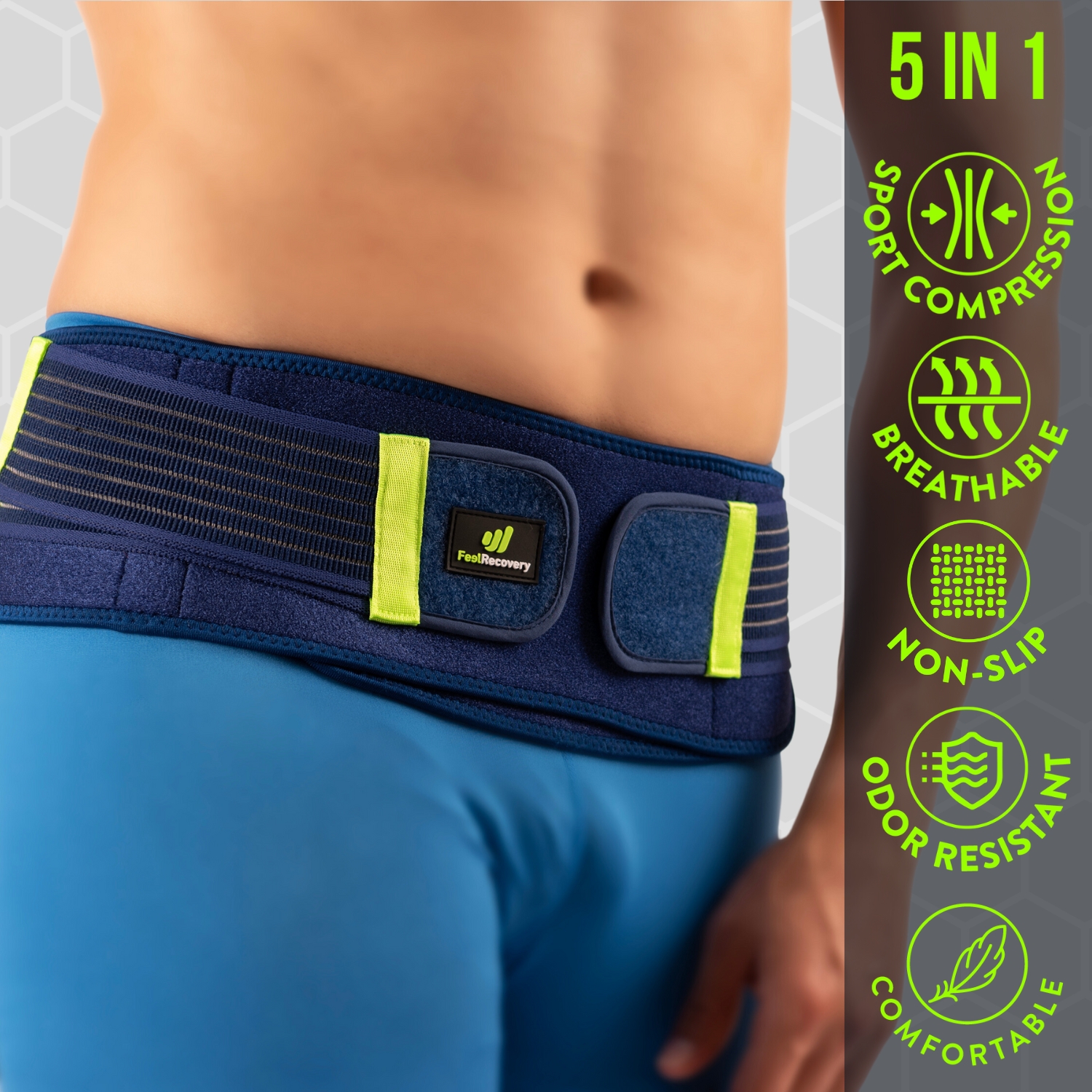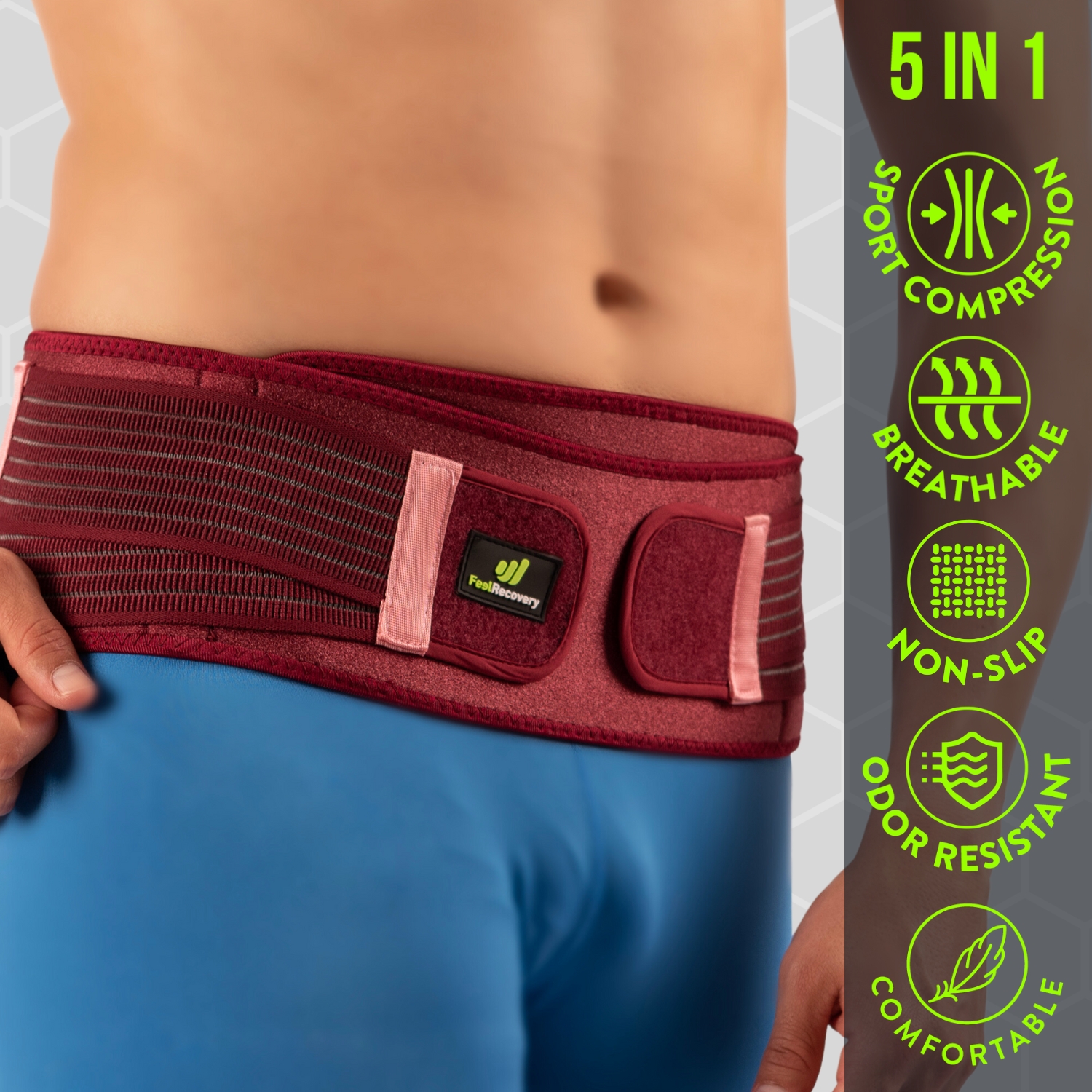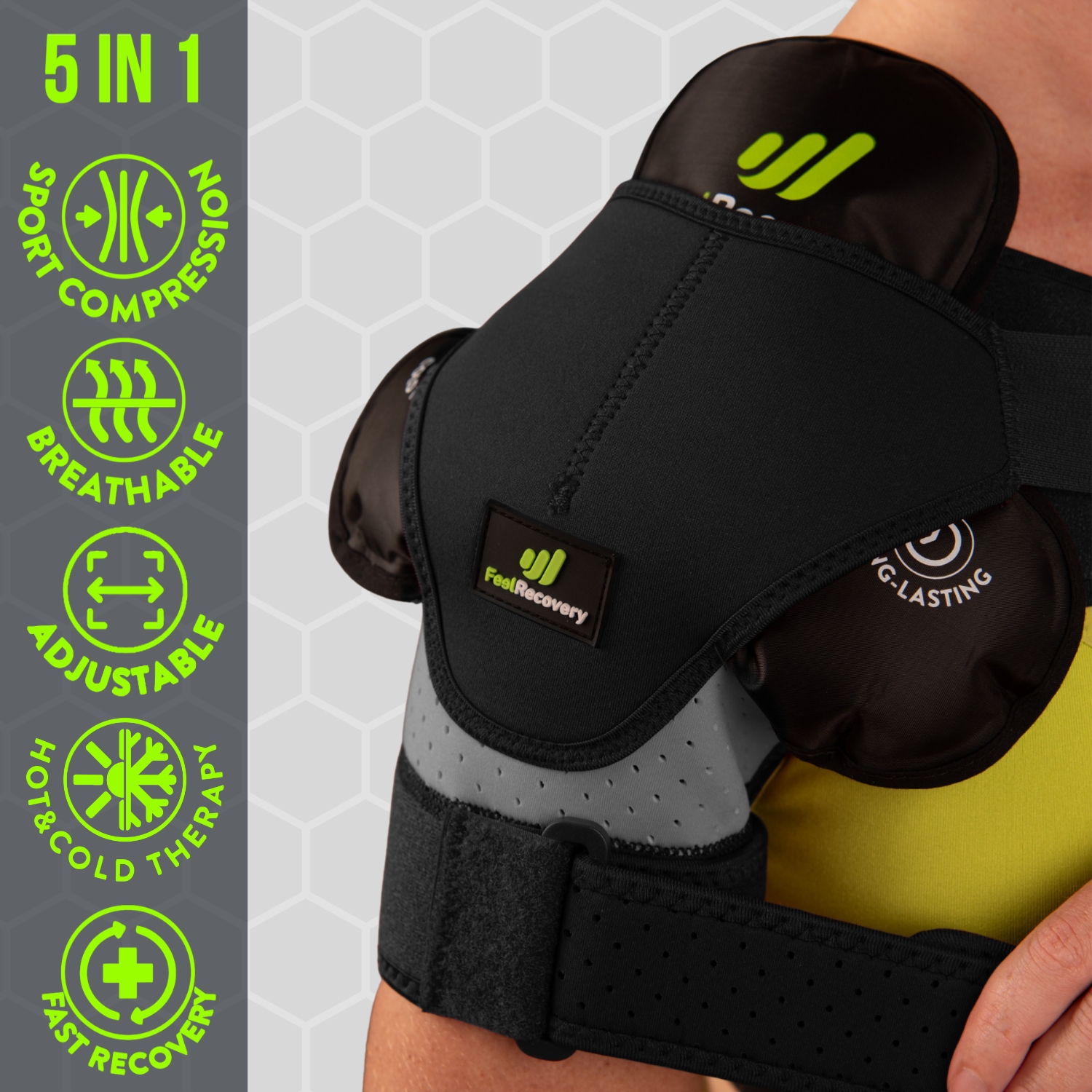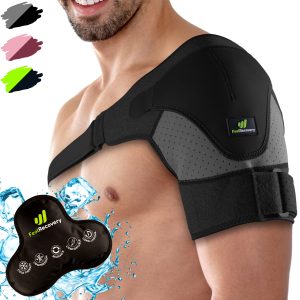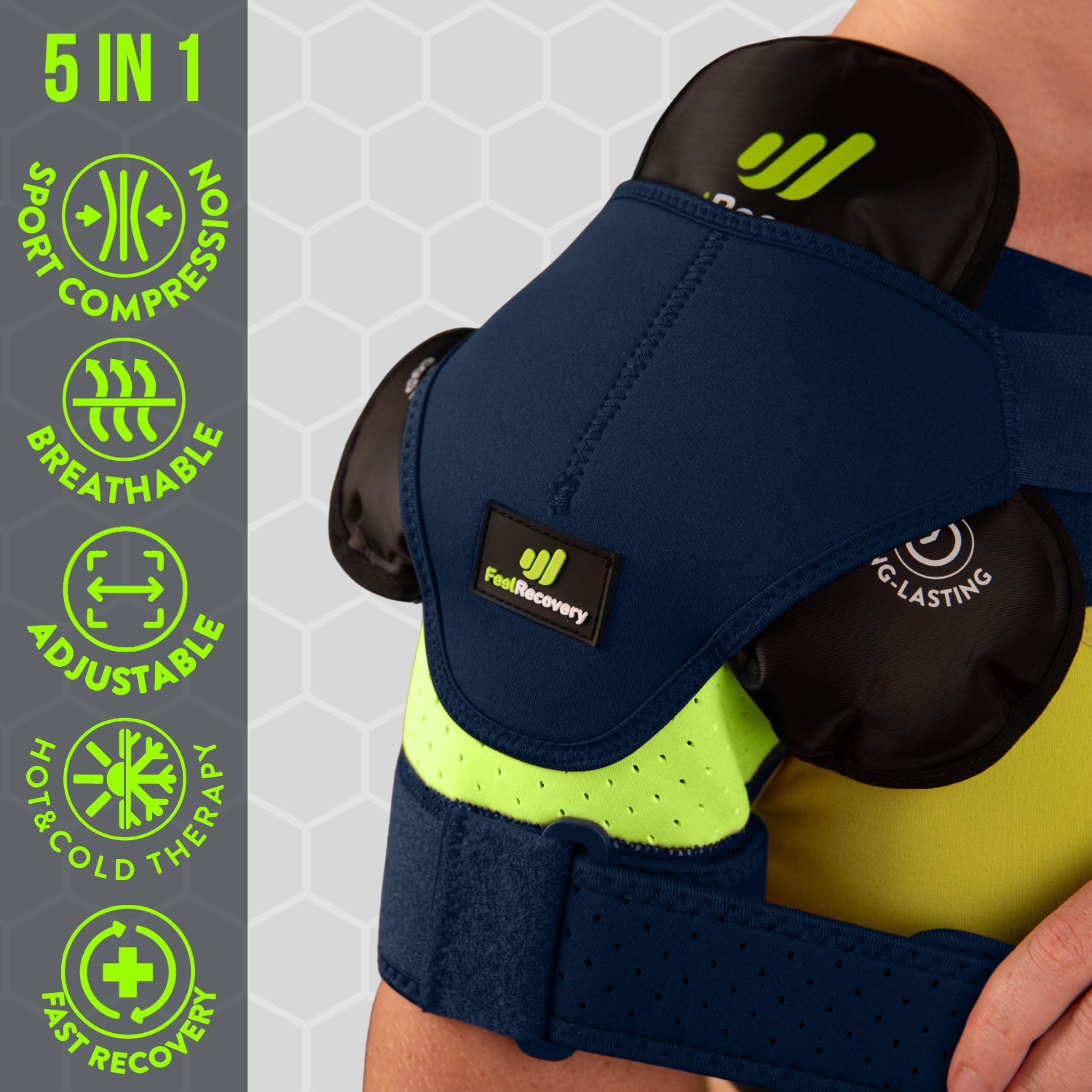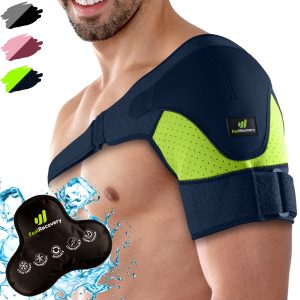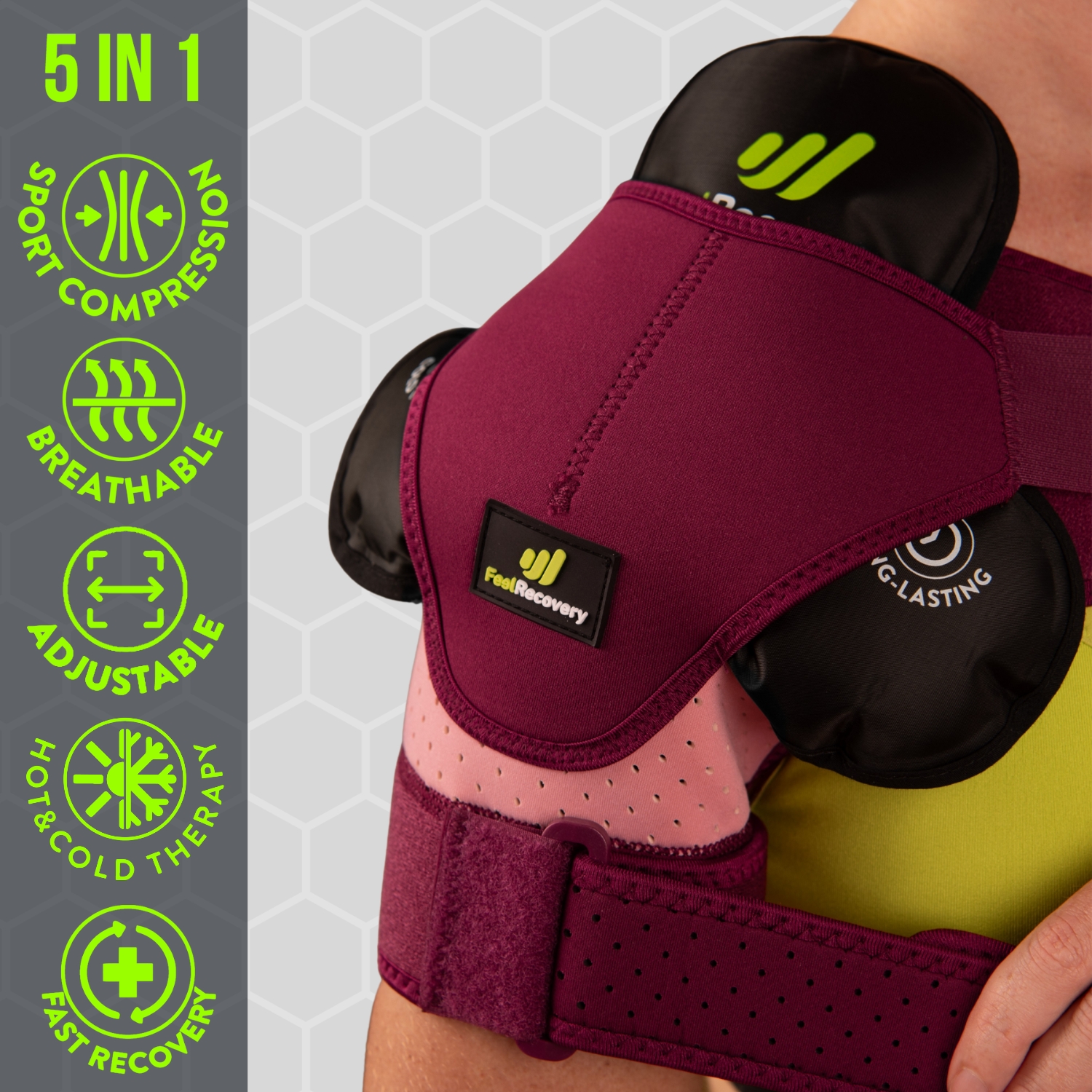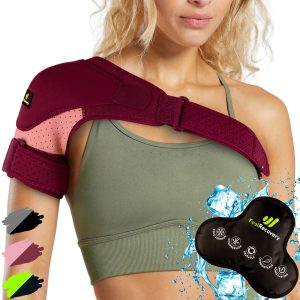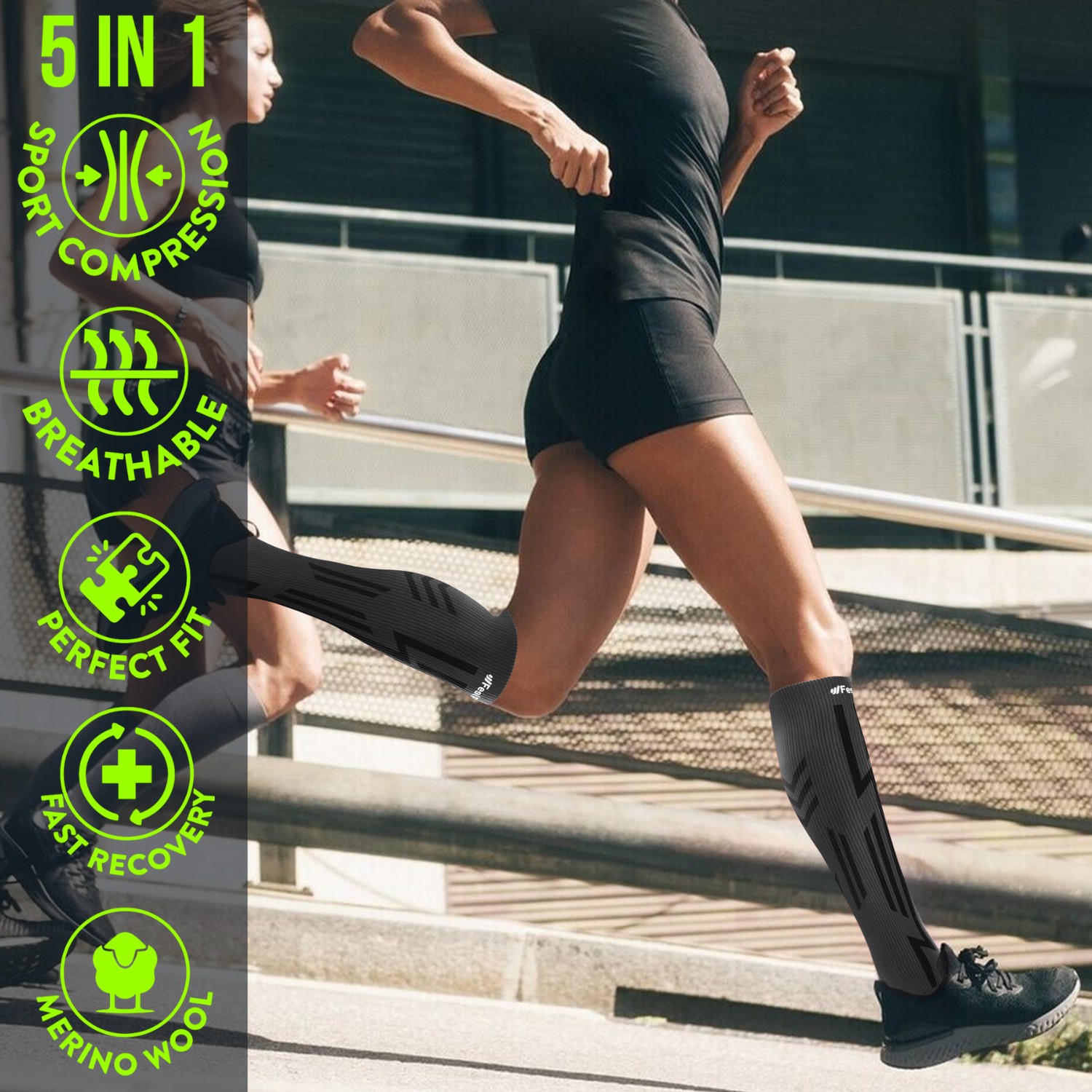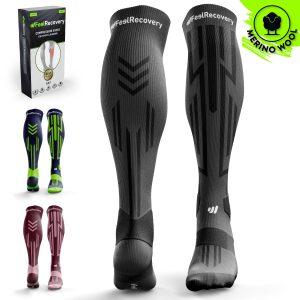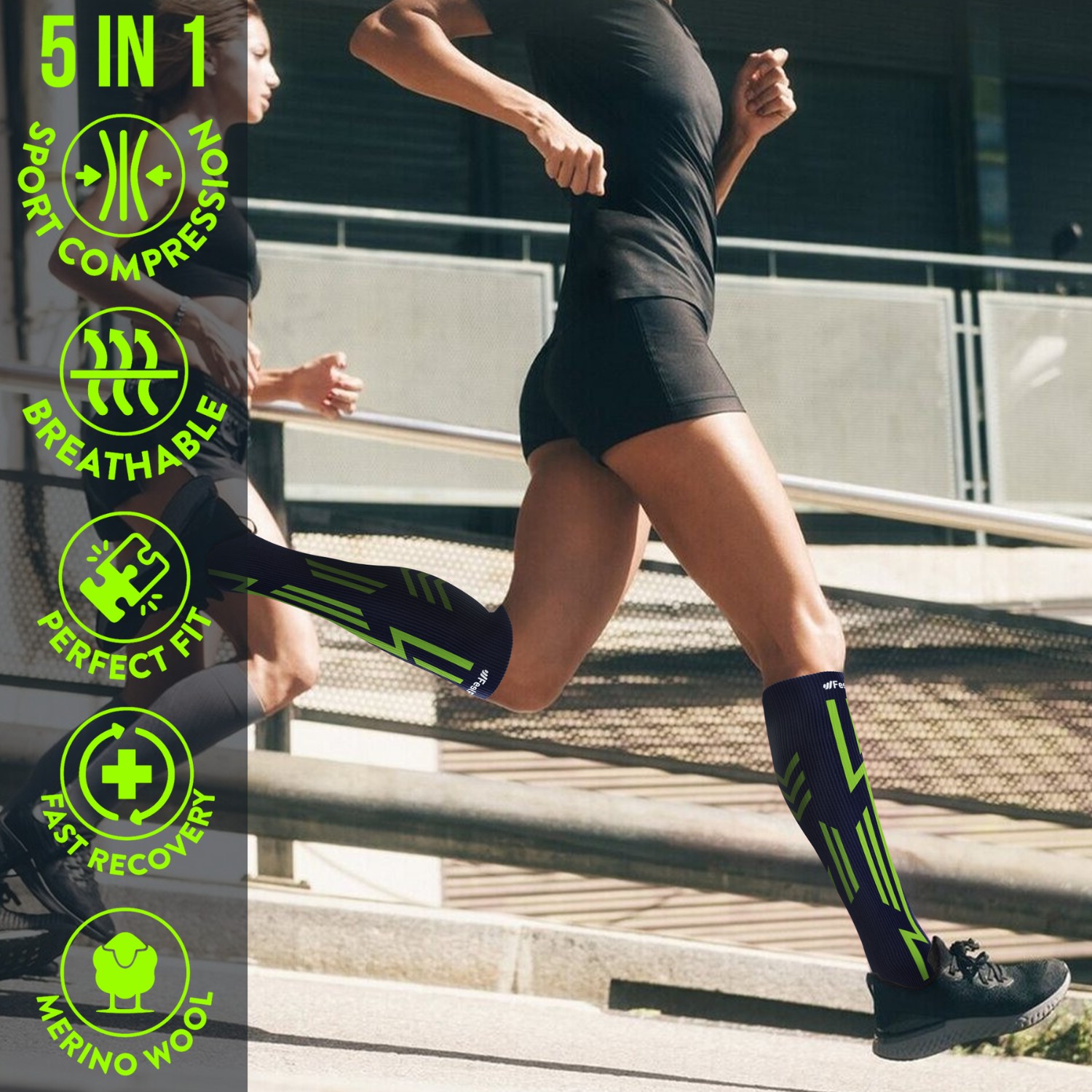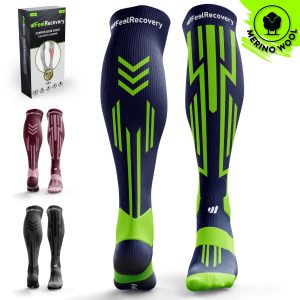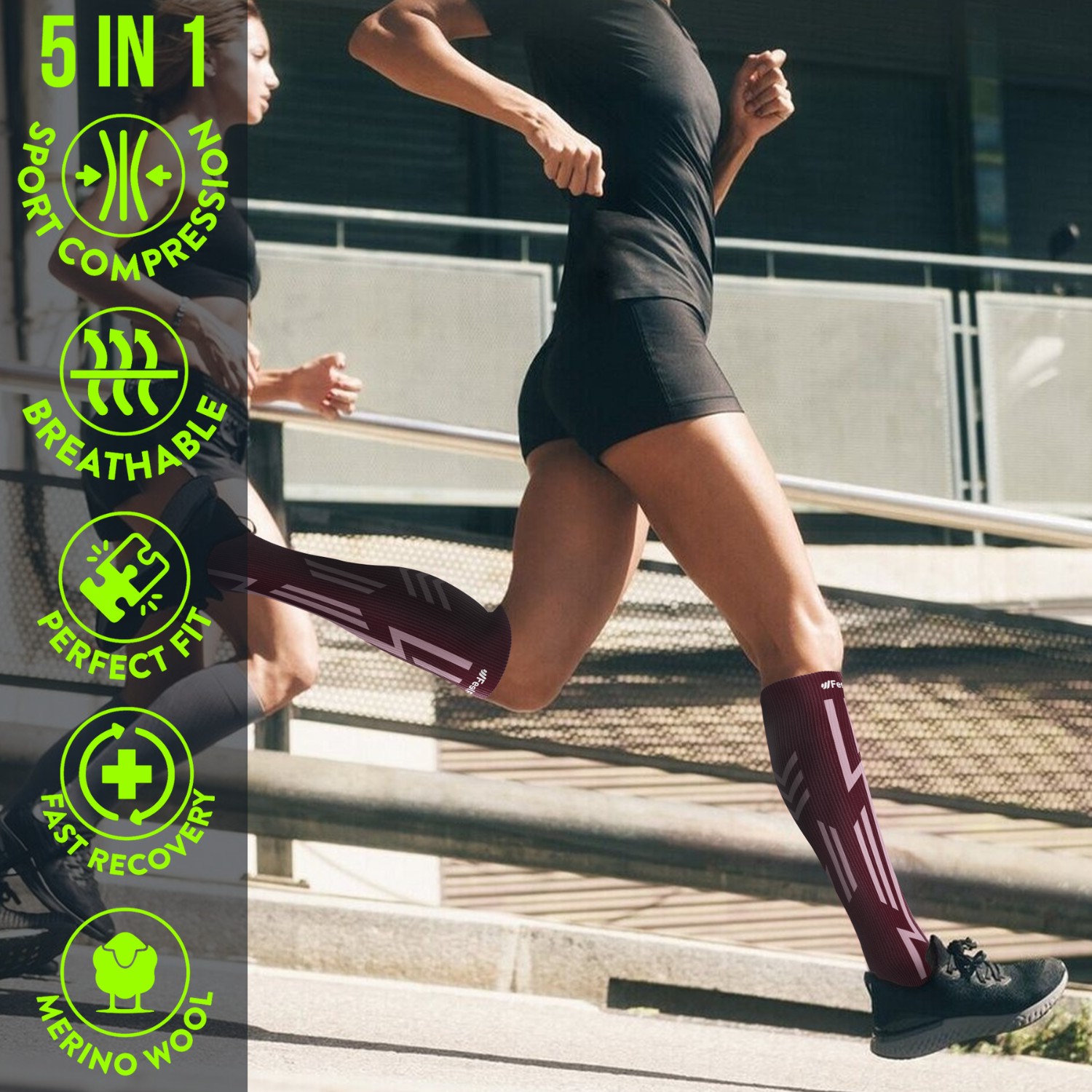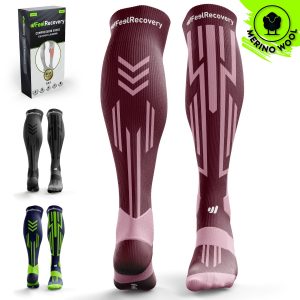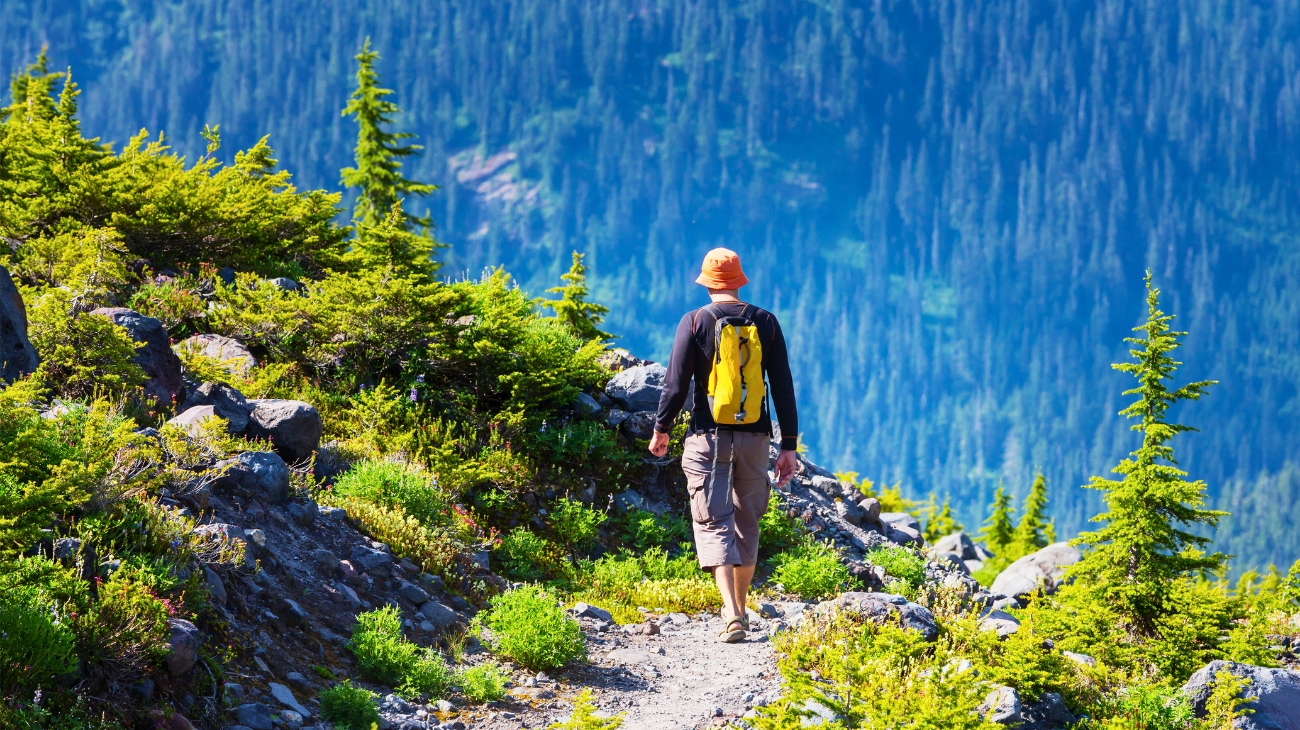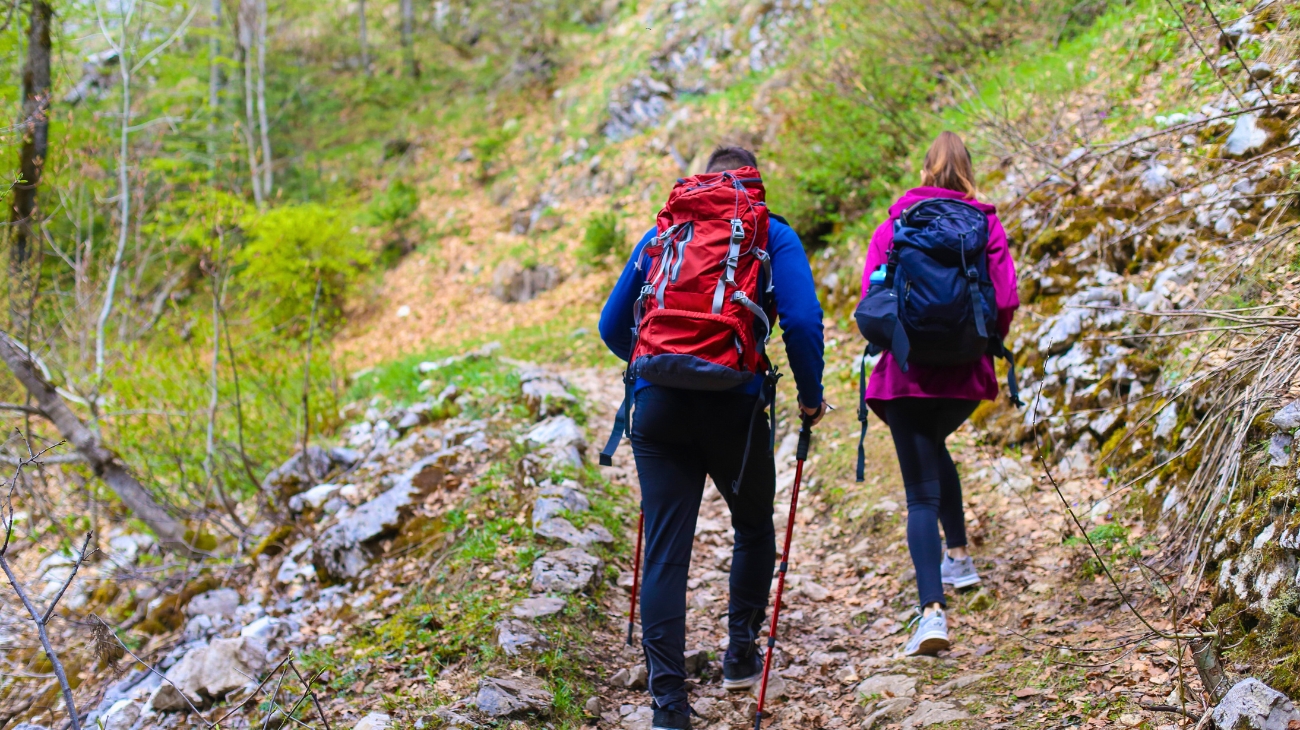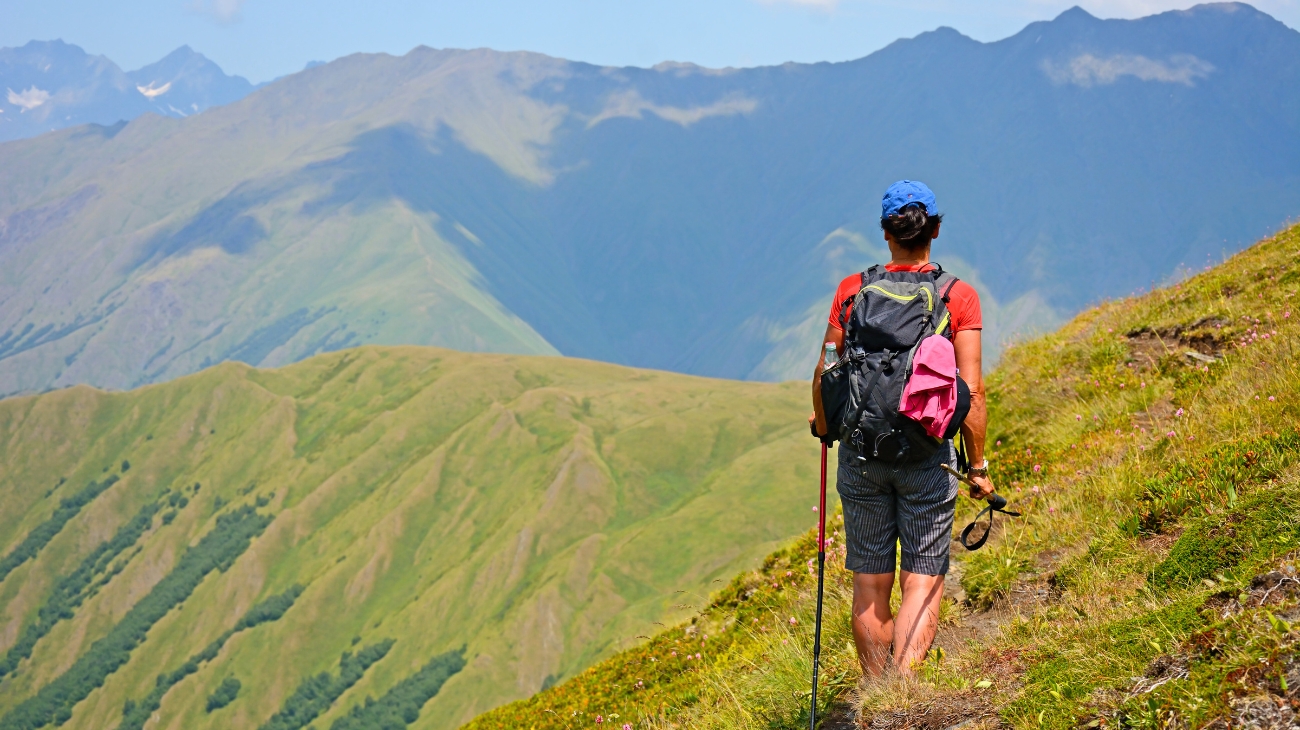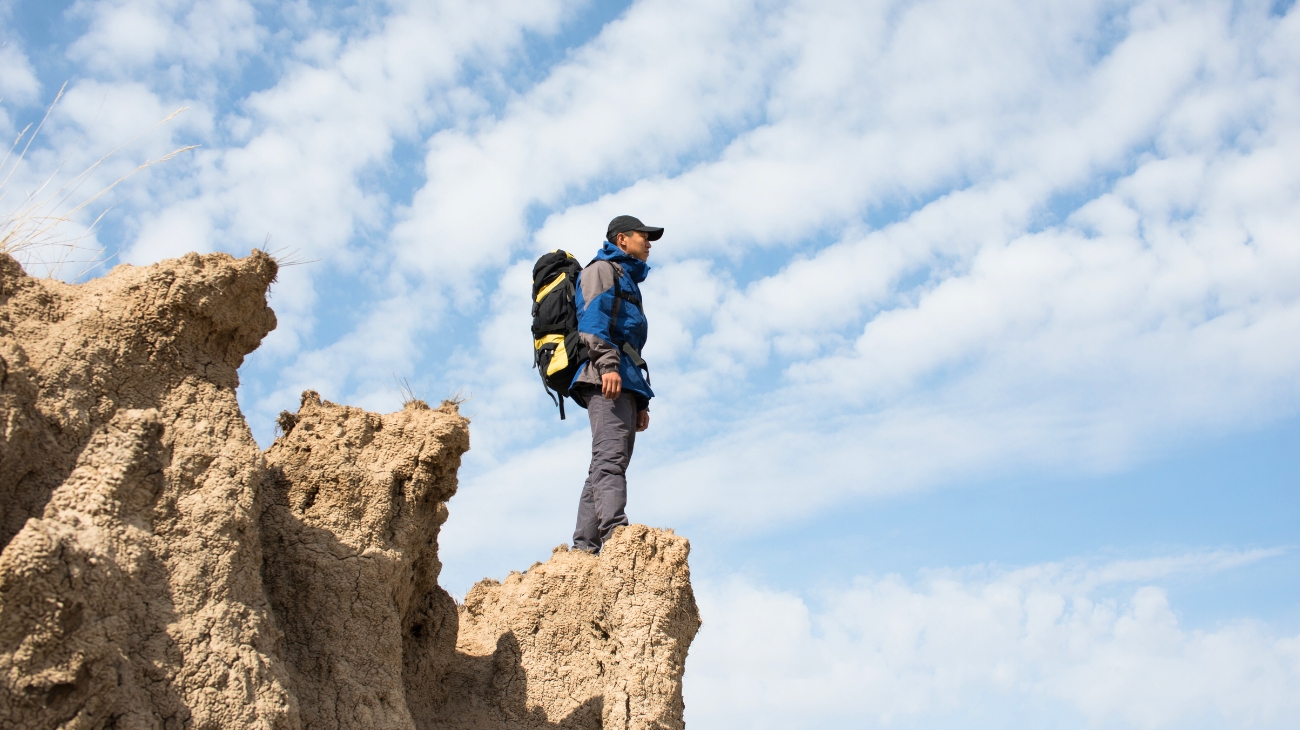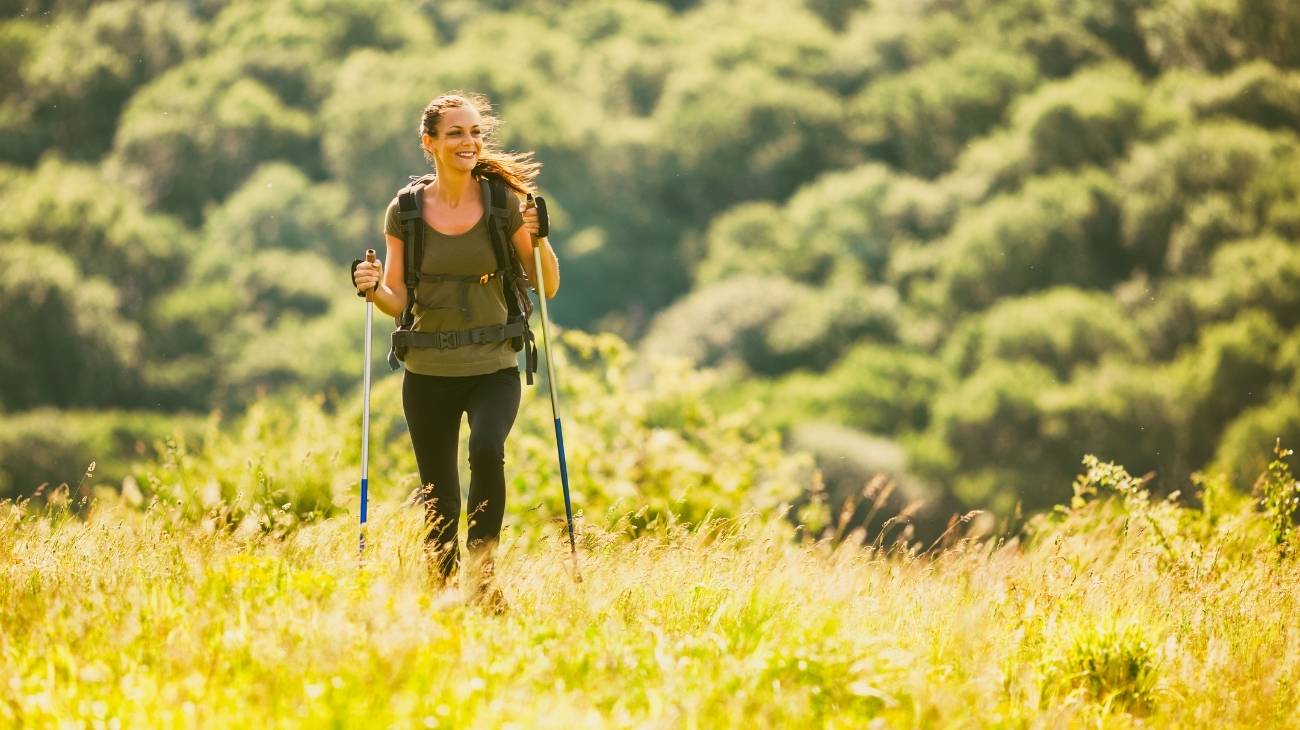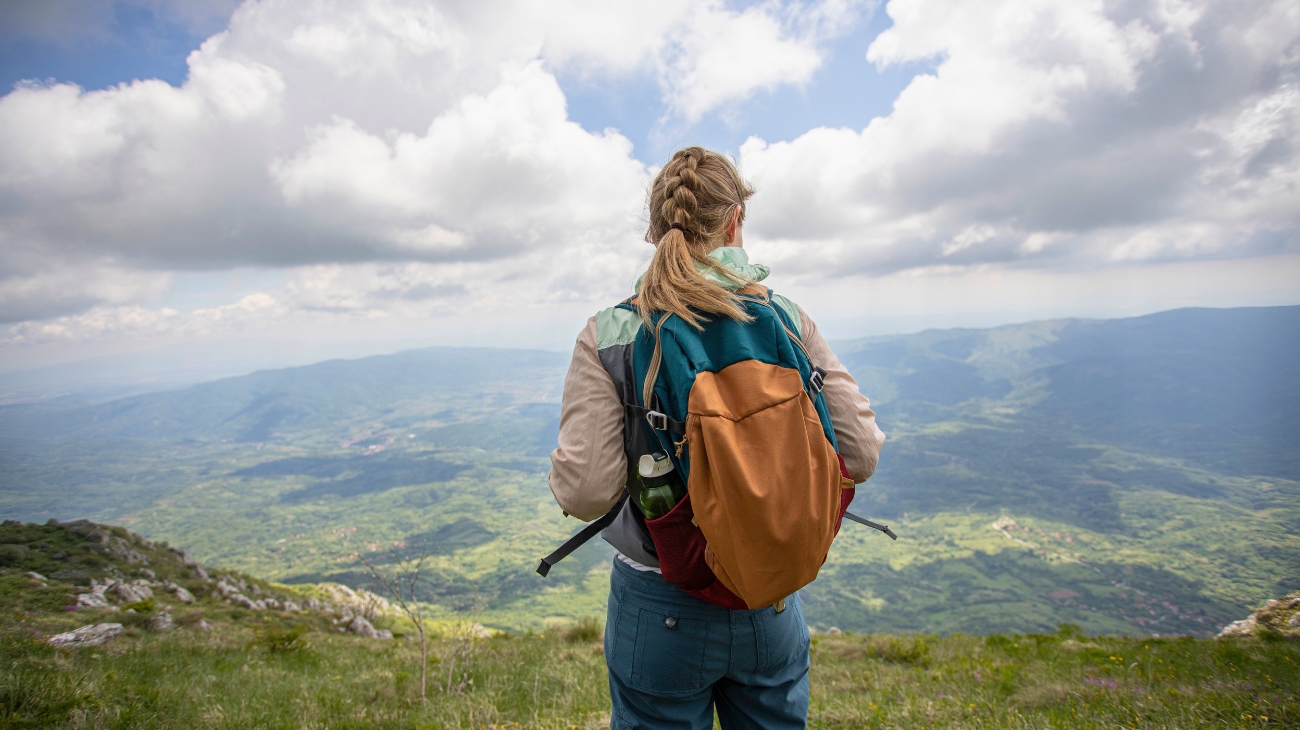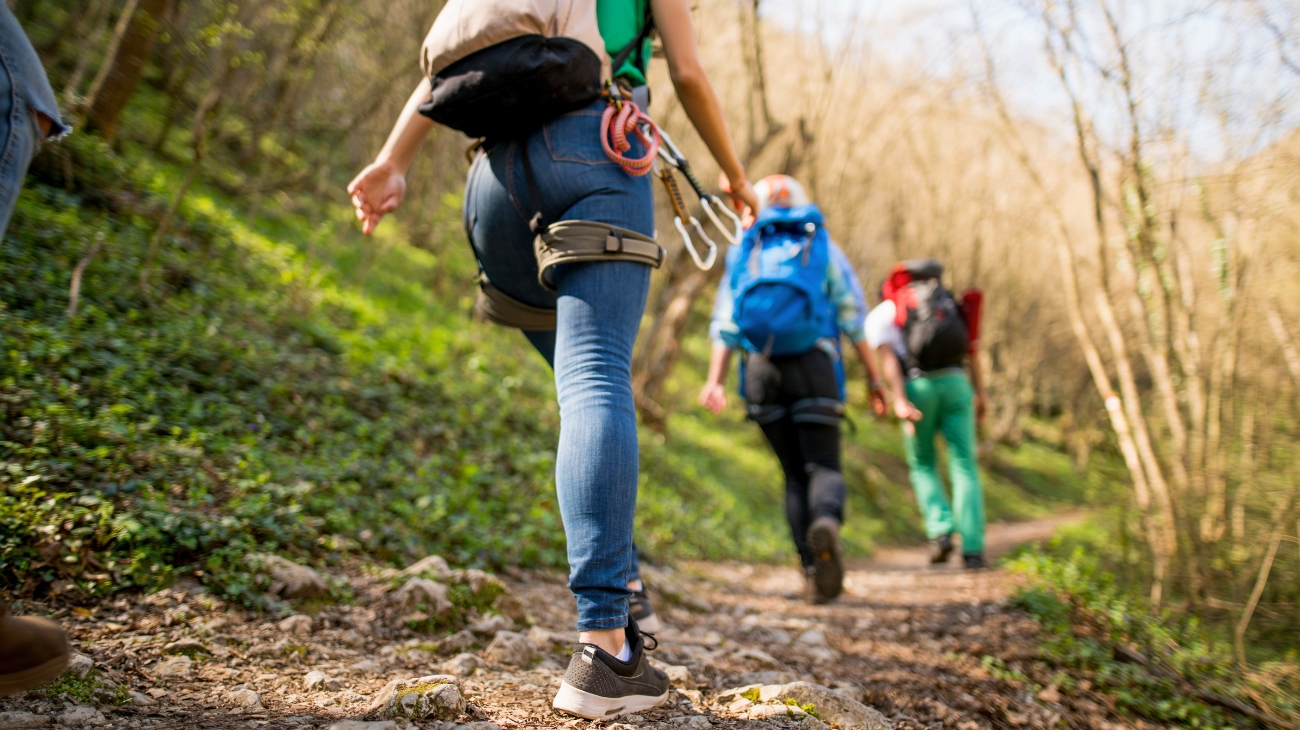Hiking is an exhilarating activity that offers physical challenges and mental relaxation. However, the demanding nature of hiking trails exposes your body to potential injuries, especially in the knees, ankles, wrists, back, and hips. Investing in high-quality braces, supports, and compression sleeves can prevent injuries and support recovery, helping you hike longer and safer.
Knee braces are essential for hikers who experience knee pain or instability. These braces provide stabilization and support by limiting excessive movement and reducing strain on the ligaments. Hikers with conditions like patellar tendonitis or meniscus tears benefit from knee braces that offer targeted compression and alignment support, reducing pain during steep descents and long treks.
Ankle braces are crucial for protecting against sprains and twists. Trails often present uneven surfaces and sudden changes in direction, which can lead to ankle injuries. Ankle braces provide firm stabilization, while compression sleeves help improve circulation and reduce swelling. For hikers prone to ankle instability, these supports offer the confidence to tackle rugged terrain without fear of injury.
Wrist supports can help prevent strain during hikes that involve trekking poles or scrambling over rocks. The wrists endure pressure from gripping poles and stabilizing your body weight. Wrist braces offer stabilization and reduce inflammation for hikers with conditions like carpal tunnel syndrome or tendonitis. Compression sleeves for wrists provide gentle support, enhancing circulation and minimizing fatigue.
Lower back braces and lumbar support belts are invaluable for hikers carrying heavy backpacks. These braces support the spine, maintain proper posture, and reduce strain on the lower back muscles. By wearing a lumbar support belt, hikers can distribute the load more evenly, preventing common issues like muscle spasms, herniated discs, or sciatica.
Hip braces and supports are essential for hikers who experience hip pain or tightness. Conditions like hip bursitis or labral tears can be aggravated by hiking's repetitive motions. Hip supports provide compression, improve joint stability, and reduce inflammation, enabling pain-free movement on challenging trails.
Compression socks are another vital addition to your hiking gear. These socks improve circulation, reduce muscle fatigue, and prevent swelling in the lower legs. They are particularly beneficial for long hikes and high-altitude treks, where leg fatigue can impact performance. By enhancing blood flow, compression socks help reduce the risk of calf strains and shin splints.
When selecting the right brace, support, or compression sleeve for hiking, consider your specific needs and the type of terrain you plan to tackle. For joint instability or previous injuries, opt for braces with adjustable straps for customized support. For preventive care and muscle recovery, compression sleeves and socks are excellent choices. Ensure a snug but comfortable fit to maximize effectiveness without restricting blood flow.
Regular use of these products can prevent injuries, reduce pain, and enhance overall performance on the trails. By providing stability, compression, and support, they allow you to hike confidently, knowing your body is protected and ready for adventure.
FAQ: Frequently Asked Questions
How do knee braces help with hiking injuries?
Knee braces stabilize the joint and reduce strain on ligaments, helping prevent injuries like patellar tendonitis or meniscus tears. They provide support on descents and uneven terrain.
Why are ankle braces important for hikers?
Ankle braces protect against sprains and twists by providing stability and limiting excessive movement. They are essential for navigating uneven or rocky trails.
Can compression socks help during long hikes?
Yes, compression socks improve circulation, reduce muscle fatigue, and prevent swelling, making them ideal for long hikes and high-altitude treks.
What are the benefits of using a lumbar support belt?
Lumbar support belts provide lower back stability, reduce muscle strain, and help distribute backpack weight more evenly, preventing back pain.
How should I care for my braces and compression sleeves?
Hand wash with mild detergent and air dry to maintain elasticity and support. Avoid using high heat or harsh chemicals.


